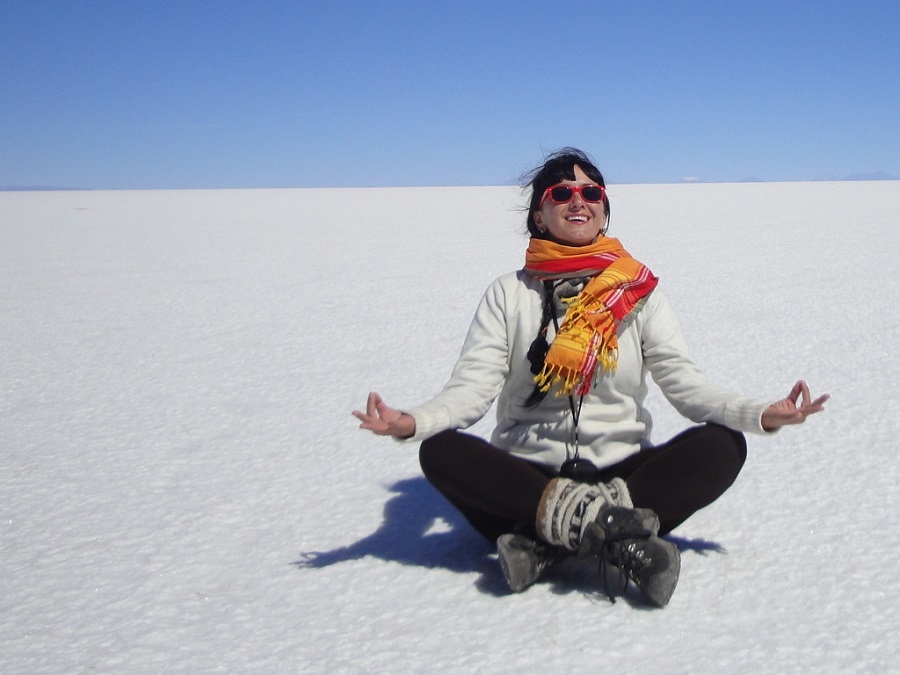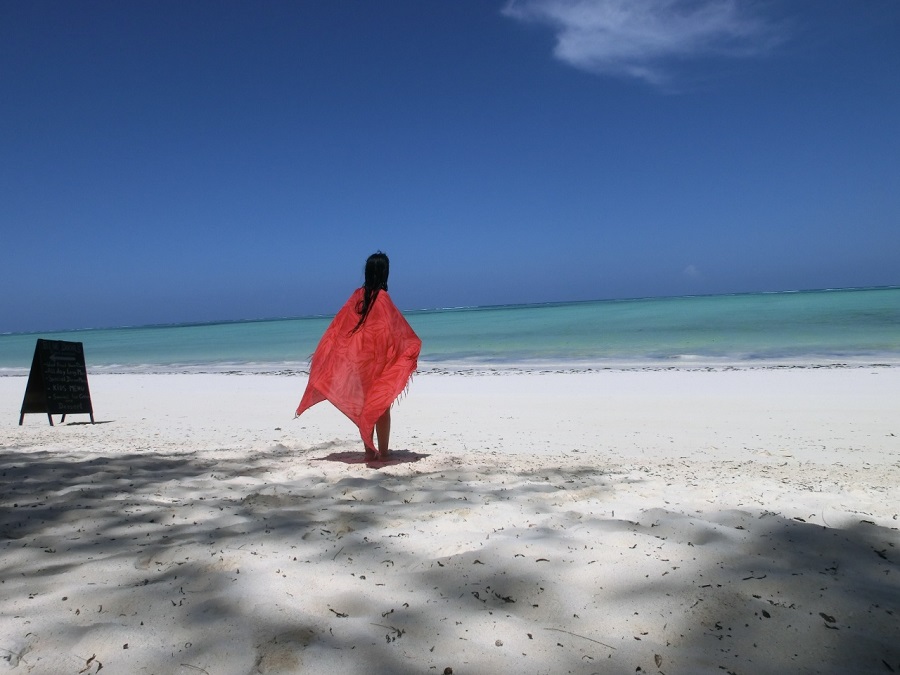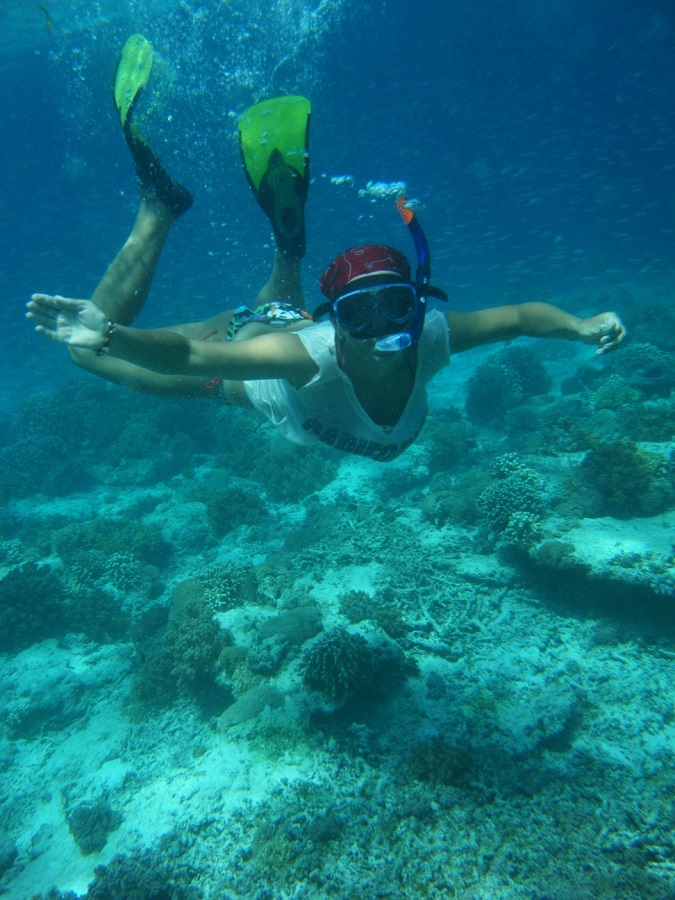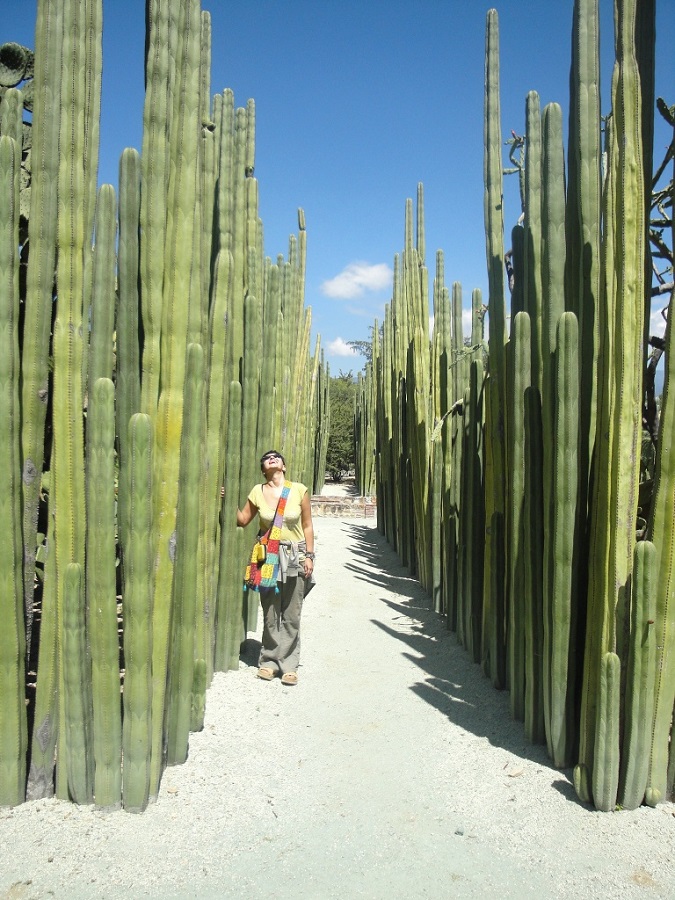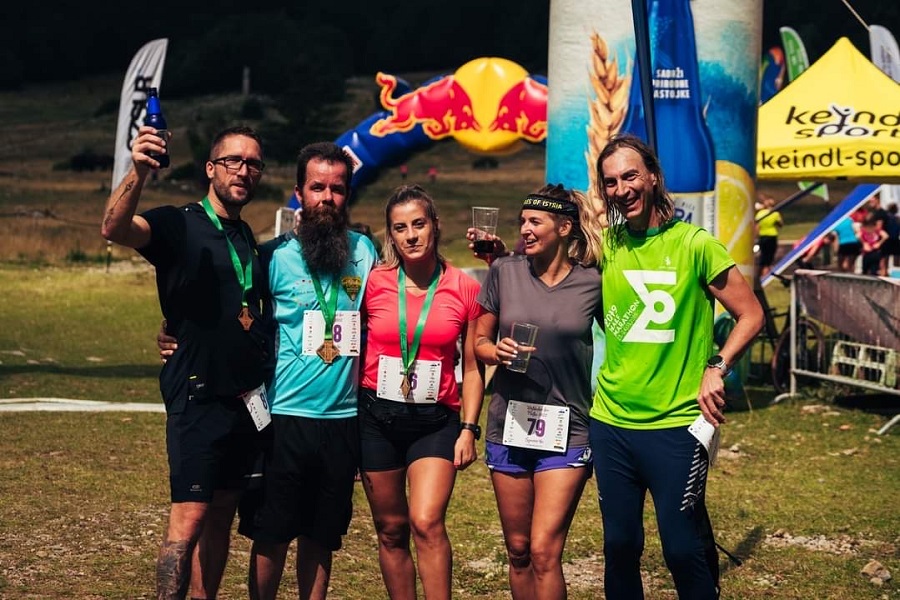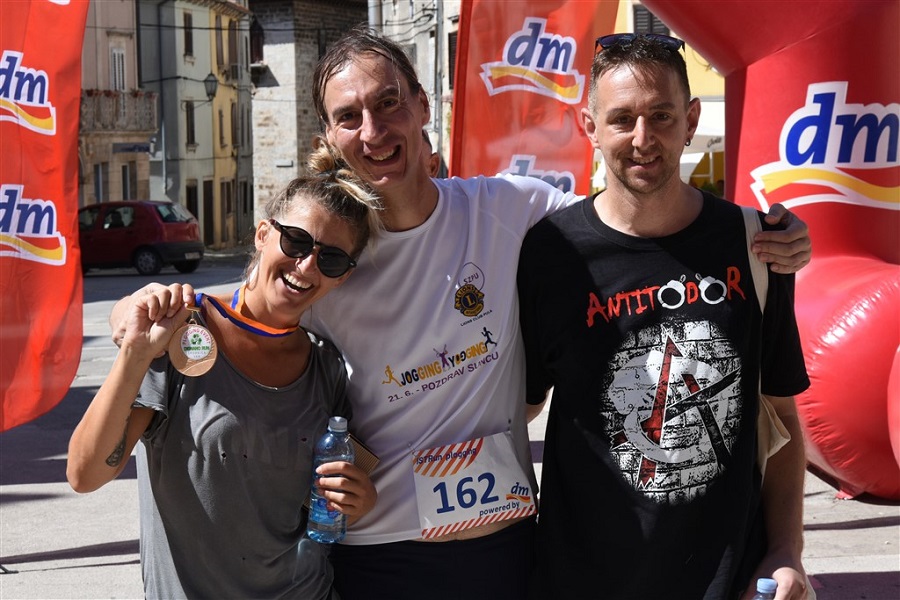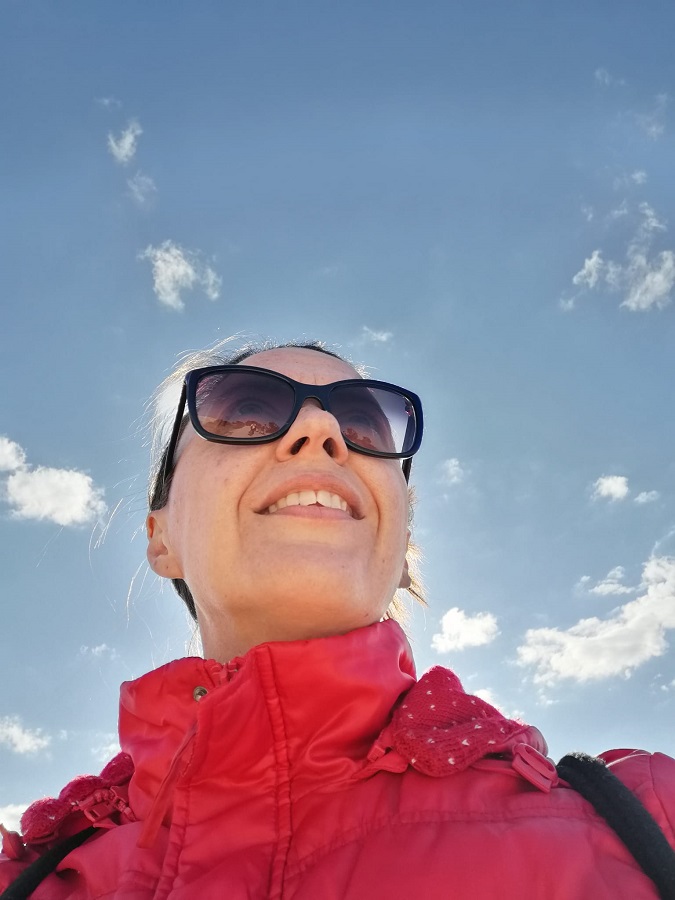Croatian Returnee Reflections: Klaudija Bozic, from Tampa Bay FL to Dubrovnik
September 22, 2022 - Whisper it quietly, but more and more people are relocating to Croatia from the diaspora. In a new TCN series, we meet them to find out how they are faring and what advice they have for others thinking of making the switch. Next up is Klaudija Bozic, who moved from Tampa Bay, FL, to Dubrovnik.
1. You made the switch to Croatia. Tell us a little about the decision process and how long it took for you to get on the plane.
I lived in the United States, and I decided to make a switch to Croatia due to my family being there. I thought I was going to have better care for my autistic kiddo. I got on the plane as soon as possible; it didn't take long for me to make the switch.
2. What did your family and community back home think of your decision at the time?
My family did not agree with me switching because they thought I have bigger and better opportunities in the US. They were painfully aware of the downsides of Croatia, so they thought that it wasn't a good idea.
3. Where did you get your information about the realities of Croatia prior to coming?
I used to live in Croatia back in the day, so I haven't really researched much about it, I based my decision on my previous experiences with Croatia.
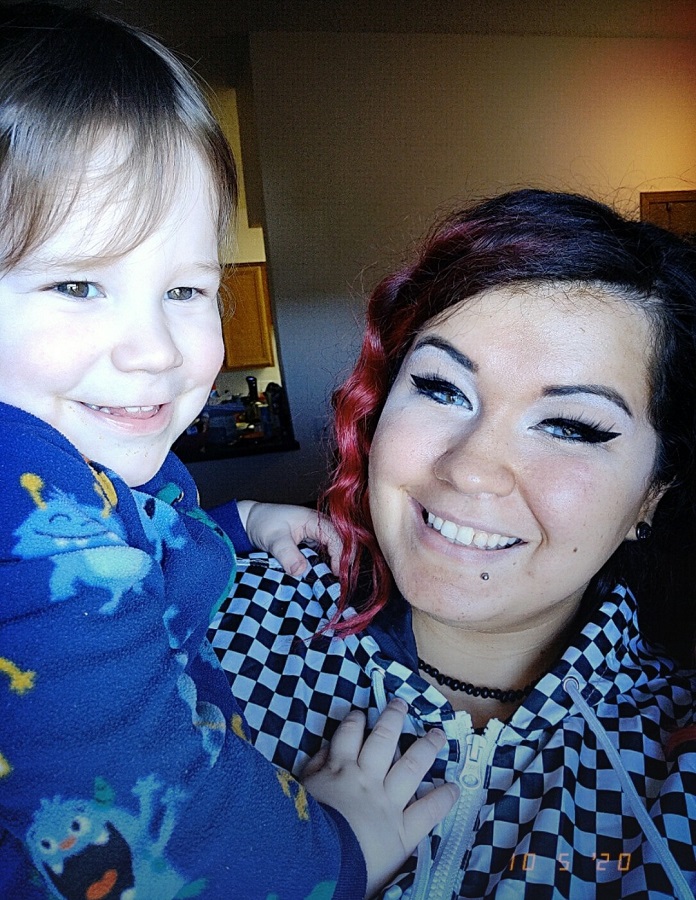
4. What were you most nervous about making the switch? What was your biggest fear, and what was the reality of what you found?
My biggest concern was if the things are the same as I left them back then. The Health System was worrying me, and I was wondering if my son is going to have adequate care in that sort of system. I was fearing him just being a number and not an actual person with difficulties, and unfortunately, my fears were justified.
5. Think back to the time before you arrived. What were your perceptions about Croatia, and how were they different from the reality you encountered?
I think I was seeing Croatia through rose-tinted sunglasses. Everything was perfect, and I thought we were gonna figure out things as we go. Unfortunately, we encountered many roadblocks, healthcare-wise, on our path.
6. You are still here, so obviously, the pros outweigh the cons. Tell us about some of the things that you love about being in Croatia, as well as some of the things you don't like.
What I love about Croatia is the people. Laid back, relaxed way of life. No one is in a major hurry; people are super polite and willing to help in any way they can.
What I don't like is the tough economic climate, cost of living ( if you have a Croatian paycheck anyway), and the bureaucracy (everything takes weeks, if not months, to get done). Finding a job is tough, and even if you manage to find one, the paycheck is relatively low compared to other European countries.
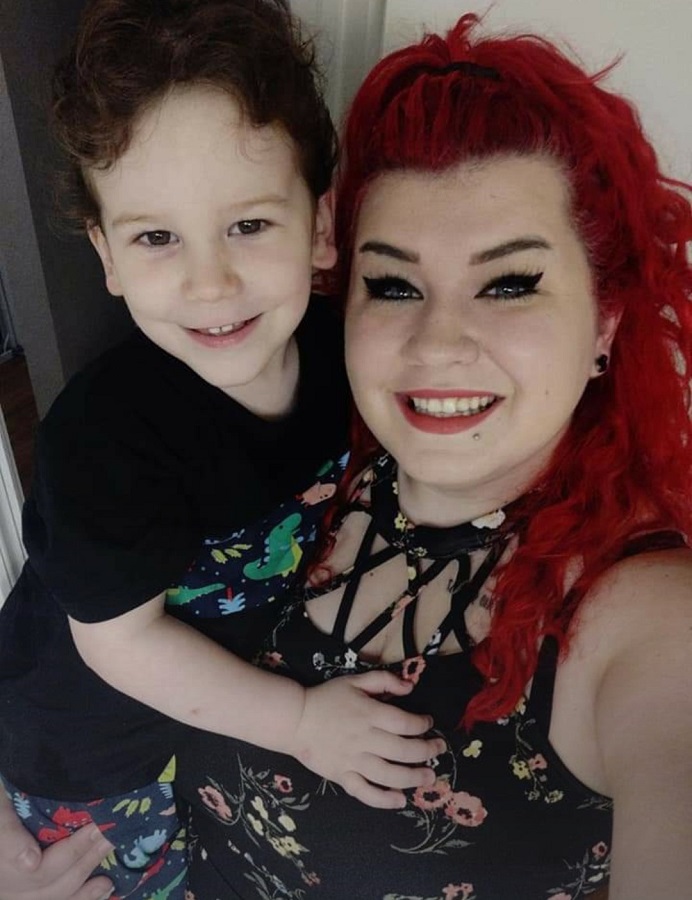
7. What advice do you have for others thinking about making a move from the diaspora?
My advice to others is to think long and hard about making the switch. Weigh the pros and cons heavily before making the big move. Especially pay attention to the financial costs of everything in Croatia, and if you're going to be able to make it. Check job opportunities as well because you might find yourself in a position where there are no openings at all for your specific profession.
8. How do you think Croatia can better assist those who are looking to return to the Homeland?
Croatia can better assist those looking to return by fixing bureaucracy, reducing the wait on visas, opening more jobs, and providing more opportunities, especially for younger people looking to move.
In the end, I decided to move back to the United States. Unfortunately, as mentioned, I have an autistic son. The Healthcare system in Croatia is mostly free, yes, but waiting lists for everything are so long that you are forced to seek private clinics and doctors, even if your case requires urgent attention.
Therefore, healthcare cost in the end (for me) is more expensive than in the US. Including all the therapies and everything, the monthly cost of taking care of my son's needs is around 1000 euros, which is impossible to cover with a Croatian paycheck. People with special needs are not integrated into society as they should be, and that is something Croatia needs to work on majorly. Also worth mentioning, there are not a lot of kindergartens that are working with kids with special needs, and even if there are, prepare to wait for a really long time before you actually get a spot in one. Also worth mentioning, as a healthcare worker, paychecks are much higher in the US, which ultimately forced me to make my final decision to move back. Croatian health care workers are criminally underpaid, work crazy hours, and mostly there is not much space to get promoted or get forward in their field (they often do not offer any classes or schooling like in the US to actually help you forward with your career). I would also like to point out that I'm not talking in an ill matter or bashing Croatia in any shape or form. I love Croatia with all of my heart, and it's my home country, after all. I'm just pointing out ways in which Croatia could improve for its existing and future citizens.
Unfortunately, my son and I are not going to be a part of them, at least not in the near future. If things improve one day, we would be more than happy to go back home.
****
Thanks, Klaudija!
You can follow more stories in the Croatian Returnee Reflections series in our dedicated TCN section.
Would you like your returnee story - positive or negative - to be featured in this series? Contact This email address is being protected from spambots. You need JavaScript enabled to view it. Subject Returnee.
****
What is it like to live in Croatia? An expat for 20 years, you can follow my series, 20 Ways Croatia Changed Me in 20 Years, starting at the beginning - Business and Dalmatia.
Follow Paul Bradbury on LinkedIn.
Croatia, a Survival Kit for Foreigners will be out by Christmas. If you would like to reserve a copy, email This email address is being protected from spambots. You need JavaScript enabled to view it. Subject 20 Years Book
Croatian Returnee Reflections: Kristina Svalina, from Melbourne to Sinj
September 21, 2022 - Whisper it quietly, but more and more people are relocating to Croatia from the diaspora. In a new TCN series, we meet them to find out how they are faring and what advice they have for others thinking of making the switch. Next up is Kristina Svalina, who moved from Melbourne to Zagreb.
I feel like I can't sum up my life in Croatia in 1 paragraph, so I won't lie and say I'll make it one, rather I'll try to keep it as short as possible. I feel like I should be in a Nicholas Sparks novel at times, that's how it's all been.
I moved to Zagreb when I was 21 from Melbourne, Australia. I came in July, and I was soon to find out that is the worst time to come to do paperwork and uni/school enrolments. I wanted to enroll in university, but one of the papers I needed to go to the enrolment test was Crotistika. This is a Croatian language test. On the door of the office, it said holidays until the 20th of August. From that day, we would go every single day to the office and call, and there was no one. We finally got them the day before the test, and we said where have you been? They said we decided to extend our holidays for 2 weeks. My partner said, but the uni test is tomorrow, and we need the Crotistika test. They said sorry bad luck! Then to get my high school diploma verified, I spent 8000 kuna on nothing. No one knew what I need to bring them or what I was bringing them they all told me something different.
In the end, we were so mad, and after 2 months of being here of going door to door for paperwork, my boyfriend said you know what let's get married. I said what? He said what's the difference now or in a year's time I love you, and I think you love me, so let's get married. So, I said, "ajmo ća"! And after 2 and a half months after being here, we married, and I got my papers.
We got married and don't worry; we are still together 16 years later.
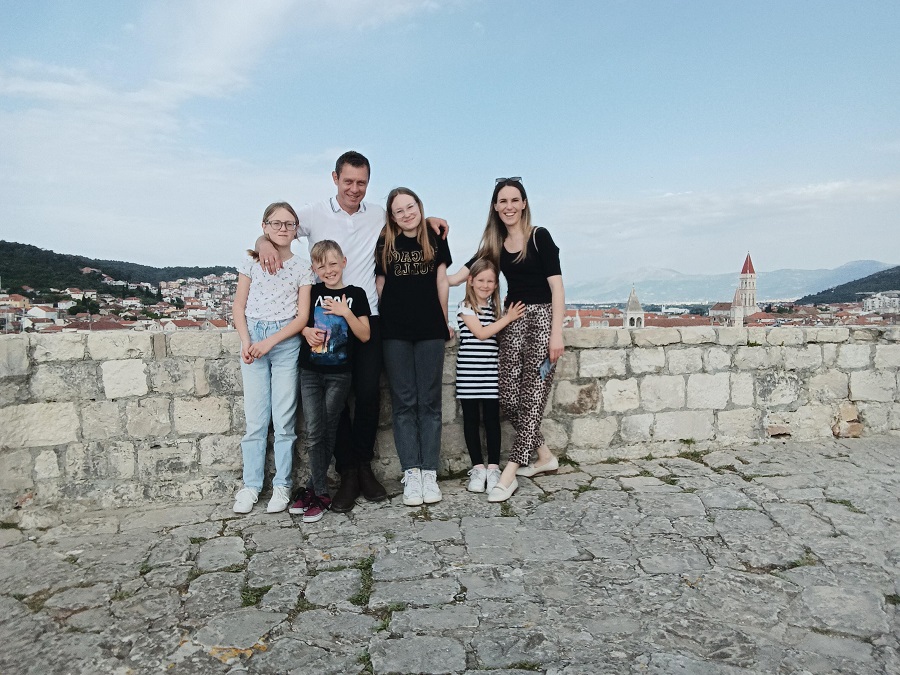
The biggest thing in Croatia is word of mouth, even to find an apartment if it's in a smaller town, but in Zagreb, it's ok you have the oglasnik (trading post).
I came here I must say Croatia is very much who you know and how much you are willing to push to get something done. It was a lot harder back then as not so many tourists and people coming to Croatia as they are now, so I am sure they are more switched on and in tune with what papers you need. I came here with no fear I decided 2 months before I came that I would go try uni here, I didn't do any research. Maybe a bad decision, so you recommend searching all the places you are in need of where you are here.

The cons of living here are how long it takes to make any document. Going to the police station is a nightmare. You can never do anything in one trip, so be prepared, but as I said, don't give up because, in the end, I would never trade this life for a life back in Australia. Also, everything is old when someone sends me photos from Australia or Australian parks, I'm like, WOW! Also, everything takes time here, even building a house. One thing I will never get used to is swearing and littering. I still tell strangers off for this as I think it's beyond a joke and quite sad.

I have 5 kids (Kaja 14, Eva 12, Nikola 10, Sofija 6, Vida 3). And you can't put a price on the fact that they walk to and from school on nice days. They go play basketball at the school on weekends; they hang out until midnight in the village with the neighbors over the summer holidays, they go with friends out for pizza and to the movies, and their freedom is the main factor I love Croatia. Australia never gave me that freedom, and I see how much my kids enjoy it.
Kids here are more serious about school and education, and kids are very hands-on here.
My husband is a winemaker and a professor at the uni in Knin, and my kids know all the mushrooms that are edible they go out a pick wild asparagus, or they help with the planting in the garden. Right now, there are outside helping pick the plums and walnuts last weekend; it was the apples.
I never knew where a potato grew, but my kids are very independent and have such a broad knowledge of life skills. I never got that living in the suburbs.
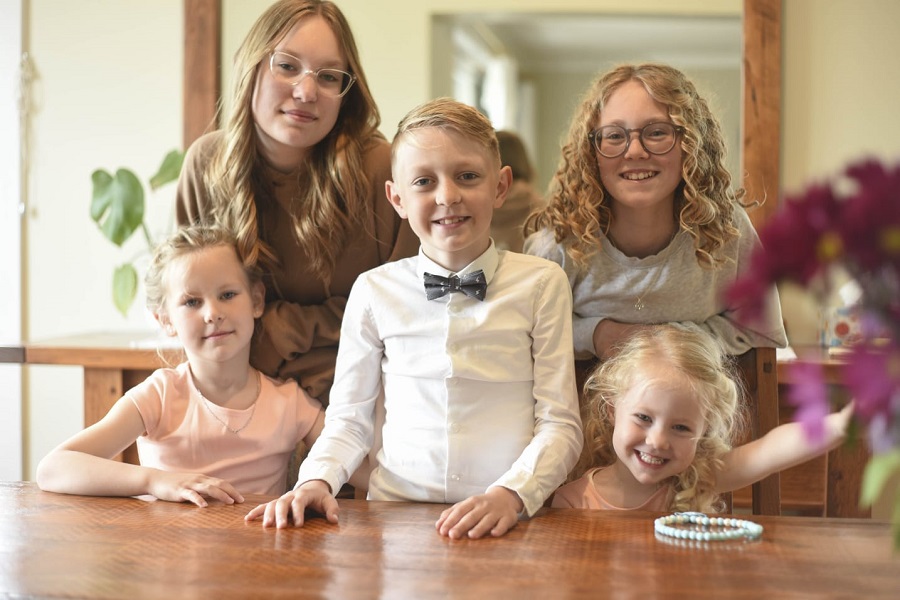
I recently opened up an orbit (business), and I got funding from the government to pay for my super and taxes for the next 2 years and to buy all new equipment.
Croatia right now has so many opportunities to get funding for someone opening up a business, so use it! The best thing here is to make sure you have a kickass account that is switched on and knows what she is talking about mine is a start, and she has not missed a beat. So if you don't have a kickass account in Croatia and you thinking of opening a business, get one!
My parents even sold everything after me being here for 5 years, put it all in a container, and made the move; my mum loves it here. She goes to mass every day she has no rush, no worries like what she did in Australia. But my dad, so so. He is finding it hard to adjust to the unorganized system, and I think he misses his long-time friends.
For anyone thinking of moving here, don't be scared to rely on family here if you have them. It takes a village to raise a child, as they say, but it also takes a village to help you make a move.
They can help with work, telling you where to go for what papers, and everyone always has some connections, so use them when you need to unless it's morally wrong, I'm sure you know where to draw the line. Also, find a good understanding doctor. I am so satisfied with Knin hospital, and we got there as soon as we need something, not to Split.
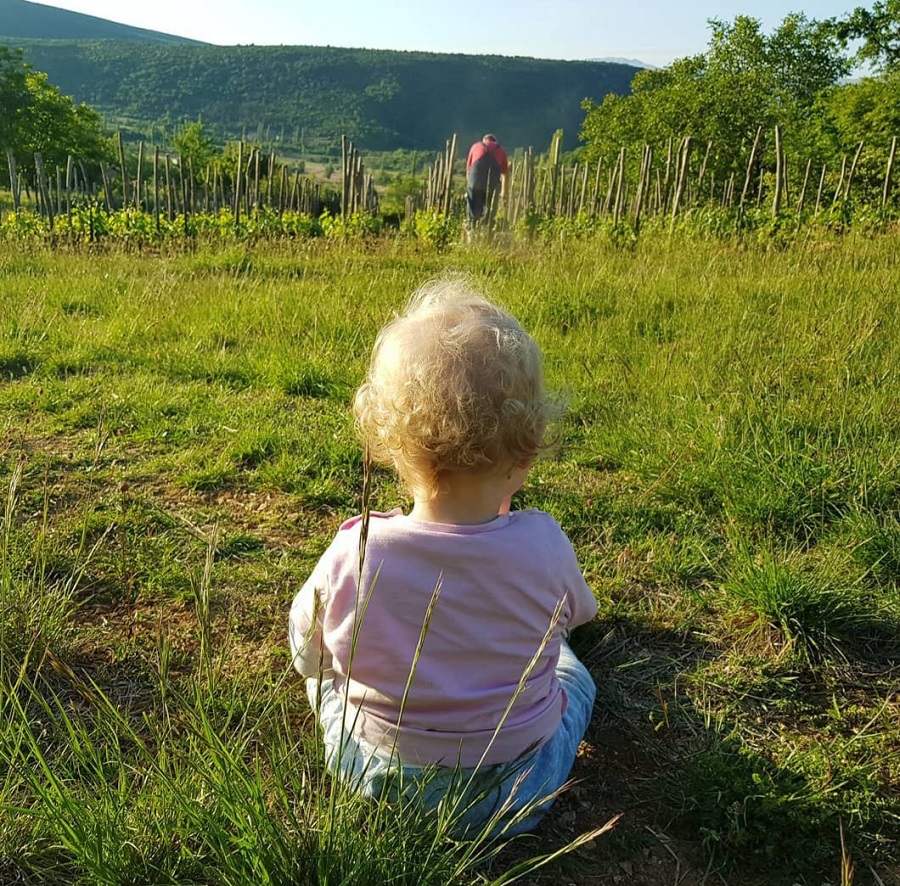
Also, it's hard to find work for someone who does not speak Croatian well, so I recommend Upwork. I was blessed to find work for an Irish company, and I have been there for 2 years, and I am the manager there now it's great. Would not swap it for any Croatian job. I work remotely; I am able to watch my kids, do school pick ups drop offs, and take them to train. It's amazing. I have always said to myself that rather regret something I have tried rather than regret something I didn't try at all. So just do it if you have nothing to lose, get on that plane, move here and try. We are all different, but when I see how relaxed life here is. The freedom my kids have an easy-going lifestyle, and there is always time for coffee. Then I'm staying right here.
You can't put a price tag on all of the above. Anyone who does not believe me, come see for yourself. I miss my family in Australia, but Sinj is where I call home.
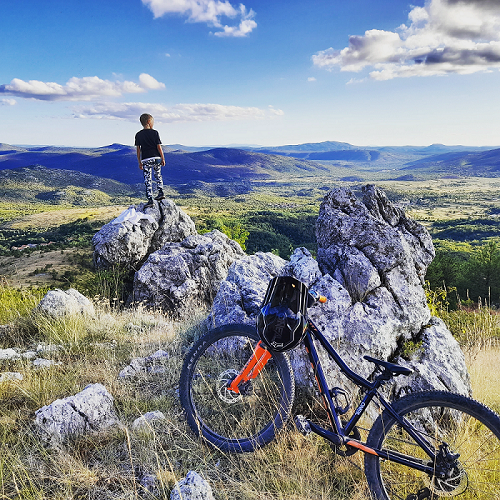
****
Thanks, Kristina!
You can follow more stories in the Croatian Returnee Reflections series in our dedicated TCN section.
Would you like your returnee story - positive or negative - to be featured in this series? Contact This email address is being protected from spambots. You need JavaScript enabled to view it. Subject Returnee.
****
What is it like to live in Croatia? An expat for 20 years, you can follow my series, 20 Ways Croatia Changed Me in 20 Years, starting at the beginning - Business and Dalmatia.
Follow Paul Bradbury on LinkedIn.
Croatia, a Survival Kit for Foreigners will be out by Christmas. If you would like to reserve a copy, email This email address is being protected from spambots. You need JavaScript enabled to view it. Subject 20 Years Book
Croatian Returnee Reflections: Šime Lisica, from Sydney to Bibinje
September 20, 2022 - Whisper it quietly, but more and more people are relocating to Croatia from the diaspora. In a new TCN series, we meet them to find out how they are faring and what advice they have for others thinking of making the switch. Next up is Šime Lisica, who moved from Sydney to Bibinje.
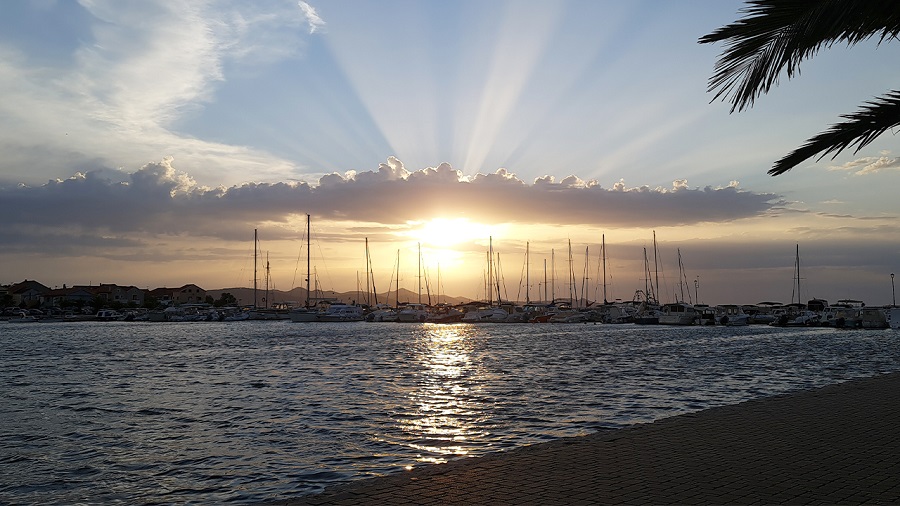
Let me introduce myself; I’m Šime Lisica, born and bred in Sydney, Australia. For those of you that already know me, there are a lot of you out there, then you already know what I’m about and what my character is as a human being, you will enjoy this. For the rest of you, I will attempt to give you an insight into that with the following interview.
I consider myself Australian-Croatian rather than Croatian-Australian. I was an entrepreneur from the second my beautiful mother gave birth to me. Both my parents are of Croatian descent from the Zadar region; they escaped communism to build a better life for themselves and their families both back home and in Australia.
I live by the sea in a beautiful village next to Zadar called Bibinje, although the Bibinjci will tell you that “Zadar je misto pokraj Bibinja… Ae” translated to “Zadar is a place next to Bibinje… True that!” funny sh*t right! if you are game, you should visit, or for that matter, stay the week.
I’ve been a fixture in the commercial Audio Visual & Lighting industries for 20+ years, working at an international level, I have covered the full spectrum of this profession; over the last 20 years, I’ve watched this industry change and grow while I have grown up alongside it.
I bought this wealth of knowledge and skill to Croatia, where I formed the company Audio Visual Group Ltd. While I was spending most of my time in Croatia from 2014 and before the pandemic, which ruined everything, I was working on-board cruise ships in Singapore during the dry-docking program; I have sailed several times in a consulting role while in the same period have also been lucky enough to work on-board superyachts in Greece with various other ship & yacht-based projects under my hat. Let’s just say, “I’ve been everywhere, man” I wouldn’t be able to cover everything in this short introduction, it's true that thus far, I have lived a full life, I came to Croatia because I needed to start settling down.
In Croatian, they have a word for my previous life, it’s one of my favorite words next to “uhljeb” “uhljebisam” & “uhjlebistan” (the latter best describing the country I live in) I was what they call a “skitnica” or the closest English translation from Meriam-Webster that I can find would be “vagabond” – and I’m proud of it mate!
Vagabond - adjective.
- moving from place to place without a fixed home.
- a: of, relating to, or characteristic of a wanderer.
b: leading an unsettled, irresponsible, or disreputable life. (geez, that’s a bit harsh)
During and post-pandemic, over the last 20 months, my team and I, alongside our partners, have started a Music, Entertainment & Lifestyle channel called FitnessTV that is broadcast inside fitness venues, our pilot project started in July of this year where we completed our first installation at OrlandoFit in Zagreb, moving forward we are now starting to move onto additional venues, with the end goal of reaching 50 venues nationwide. I have fairly ambitious plans for this project, all while I have drained the life out of myself and my team to reach the stage that we are at today.
You can follow our progress on LinkedIn - it’s the only social network I engage with.
1. You made the switch to Croatia. Tell us a little about the decision process and how long it took for you to get on the plane.
I had secretly started planning my escape as early as 2010; I had started to grow disillusioned with Australia as I didn’t feel that it was the place for me. This, of course, caused several mental health issues where I was unable to identify who I was, I knew I was different, and I knew my calling wasn’t the Australian life, but I stuck it out for a few more years. In 2014 I started to take the decision far more seriously and increased the frequency of my time in Croatia, back then I established a foothold and began to conduct due diligence on a number of matters. My frequency in Croatia increased exponentially to the point where I was here 3-4 times a year. It wasn’t until early 2018 that the decision was final, and I was here for good.
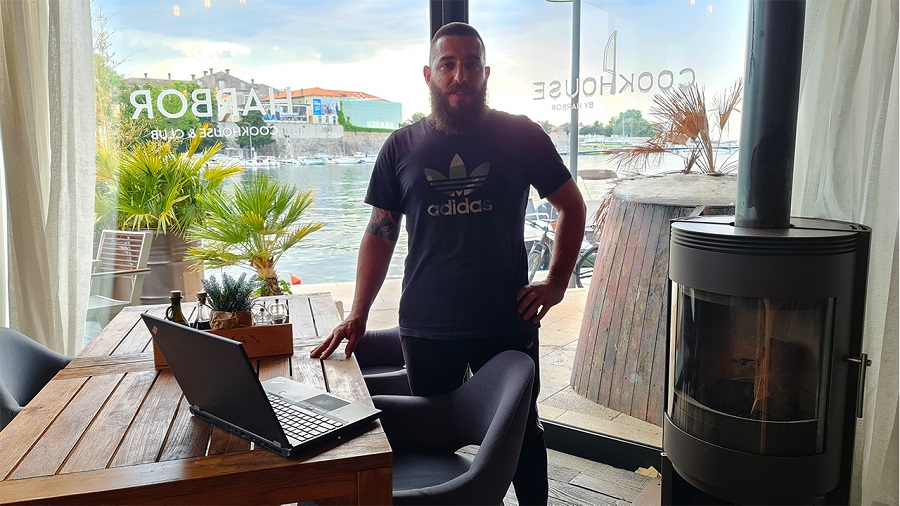
2. What did your family and community back home think of your decision at the time?
My family always knew that I would be the one who was going to make the move, I never stopped talking about it, while I can’t say they were happy about my decision, in some matters, it was a necessity that I was present here on the ground whereas in others I know that they would have preferred I stayed in Australia.
I had a mixed reaction from my friends and associates, over 80% of the feedback back was negative. A lot of people called me crazy, stupid, or a lunatic, they told me I was throwing my life away, and they were highly discouraging while providing me with unfounded advice, or they laughed at me both to my face and behind my back, whereas the remainder was positive, encouraging, congratulative and respectable.
I recall back in 2019 when my good friends Adam (Sharky) and his now wife Ivana got married, I specifically made sure that I would be present at the wedding, I knew it would be the last time that I see everyone after living it up with the band and long hugs and kisses with my closest. I left quietly when I reached the top of the stairs, I looked out over the venue, and I knew in that very instant that I was turning my back on Australia for good. It immediately hit me pretty hard, knowing that this was the end of an era.
3. Where did you get your information about the realities of Croatia prior to coming?
As already discussed in the first question, I had completed a lot of my own due diligence through several different channels here on the ground, besides a lot of internet research, to be completely honest, no amount of prep work can make you ready for the hard-set realities this country can and will inflict on you. Like it or not, you physically have to be here and actively pursuing the goals you are setting yourself.

4. What were you most nervous about making the switch? What was your biggest fear, and what was the reality of what you found?
Fear is an interesting word, I only have fear for a few things in life, and one of them is God. I would prefer to replace fear with concern as that would be far more appropriate.
My biggest concern was how long things take to get done, I already had significant experience with the system, from one ridiculous piece of paper through to a whole project to build a house, everything just takes way too long! The reality of the matter is that it takes three to five times longer than what the initial estimate would entail.
Corruption is also rampant, until I learned the ropes, I was always concerned that people whom I met would be fu**ing me. Some of them did, some of them being my own flesh and blood, essentially causing me to have severe trust issues – you live, you learn. Not everyone is like that; there are good people here with open hearts and open minds, when you meet them then, you will know who they are. You just need to learn the ropes and ask members of the diaspora who have been here for a long period of time for advice; you can rest assured that they will be honest and upfront with you.
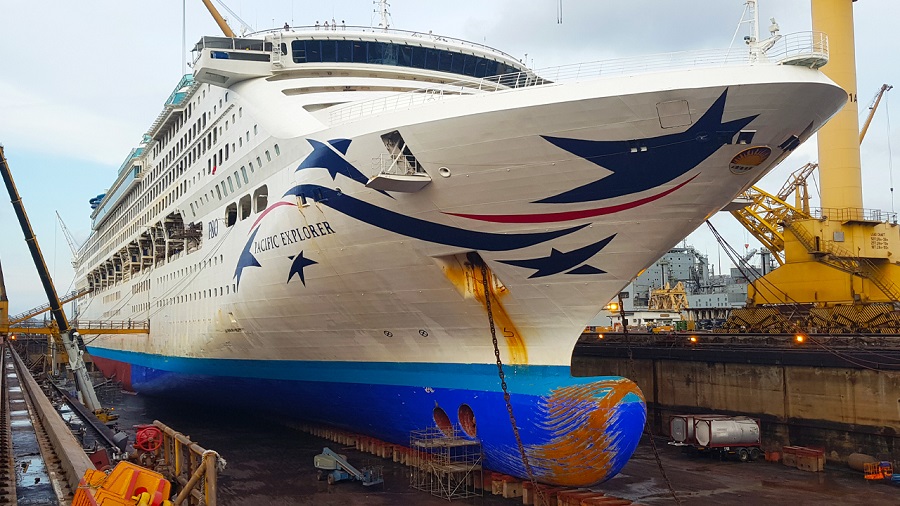
5. Think back to the time before you arrived. What were your perceptions about Croatia, and how were they different from the reality you encountered?
I would say that I was having a bromance with Croatia for a very long time, I indeed had high expectations of this country, in the beginning, it was a love affair, but the bromance soon faded, and I came to realize that this is simply the next chapter of my life. This was back in a time when help was limited, and trust issues were rampant, so once the love affair was over then, I was finding it extremely difficult to adjust as, over time, the initial perception did not match the reality I encountered.
I could comment on a vast number of items that do not match the perception; I’m a very positive human being with a lot of energy, so that essentially would be highly negative of me and further discouraging to you, the reader. My best advice moving forward is to have no expectations at all, when you have no expectations, then it is difficult to be disappointed.
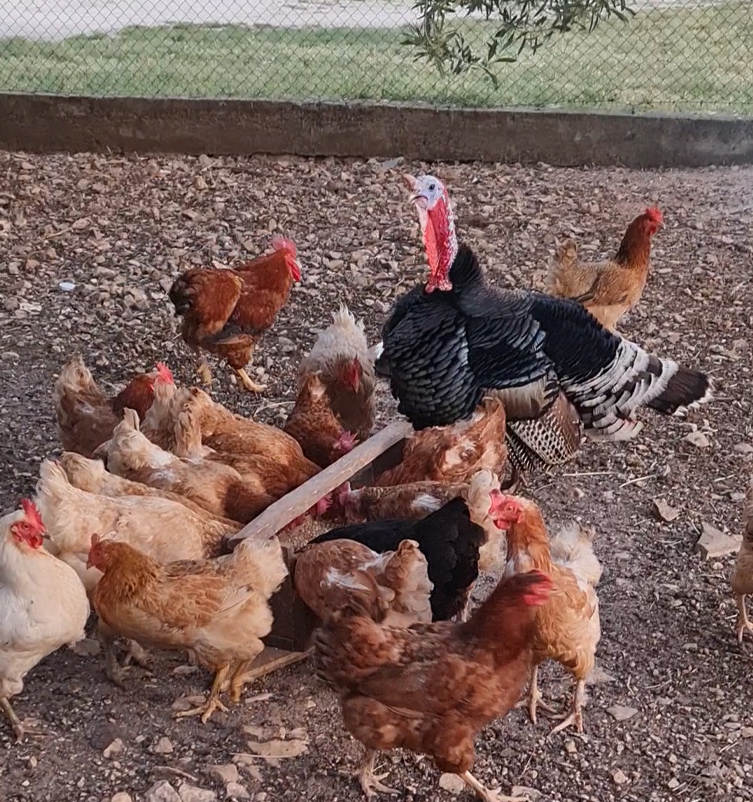
6. You are still here, so obviously, the pros outweigh the cons. Tell us about some of the things that you love about being in Croatia, as well as some of the things you don't like.
If I didn’t think it was a good idea, then I wouldn’t be doing it. There are so many things that I love about the place, one of them is the peace and quiet. I absolutely love being next to the sea, especially now that the season is over and we come back to normality, if you removed me from the sea then I don’t know how I would function. I love the lifestyle as being here is a lifestyle choice, I love the good people here and the attitude they present, I love when I strike up a conversation with a random person, and I tell them I moved here from Australia, they are always in so much disbelief like I’m the only one, then when we talk it through, they understand and congratulate me for being so brave.
I have been lucky enough to inherit a vineyard, olive groves, and other agricultural lands. I remember all the way back to 1995 when I was 12 years old when my grandfather sat me on the tractor and drove me around to these places, he told me that one day some of this would be mine. While I didn’t fully grasp the theory at that stage, it stuck in my head, and I understood him. Over the last few years, I’ve grown very fond of being in the vineyard, under the olive trees, or looking after the chickens and turkeys. Fresh eggs are amazing, plus they are so entertaining at 06:00, if you told me 10 years ago that is what I would be doing, then I would have laughed at you, but of course, loving wine is a huge benefit when you know you have your own.
I’ve established this thing called “me time” it starts at 05:30 and extends through to 09:00, this is where I spend the time doing the above, I have time to think. Also, I’ve found that as long as I have the time to do the things that I love on the side, then I am far more efficient and happier during the day. It’s a complete disconnection from the digital world that has infiltrated my brain daily for the previous 20 years of my life, and that’s what I need to function.
Let’s move on to the dislikes; I have to bite my tongue because I will and already have upset several individuals and institutions, so let’s tone this down a bit.
I wholeheartedly dislike the Croatian banking system; it is designed so that individuals and businesses are unable to function correctly, I know for a fact that if I presented my ideas to an Australian bank, they would throw the money at me and then ask if I needed more, when I view some of the advertisements these banks put on the market or for that matter when I come out of a meeting with the bank then I am so sick to my stomach that I need to knock off some rakija to come good again!
Public institutions make up ridiculous rules and regulations, passing unfounded policies and by-laws only in their interest and not in the interest of the public domain, which is essentially whom they serve.
Incompetent timeservers, dogsbodies, and troglodytes, Croatia is rampant with these types of individuals; once you have encountered one of the above, I suggest that you move rapidly in the opposite direction.
There’s clearly a lot more; now I’m just getting upset, let’s move on.
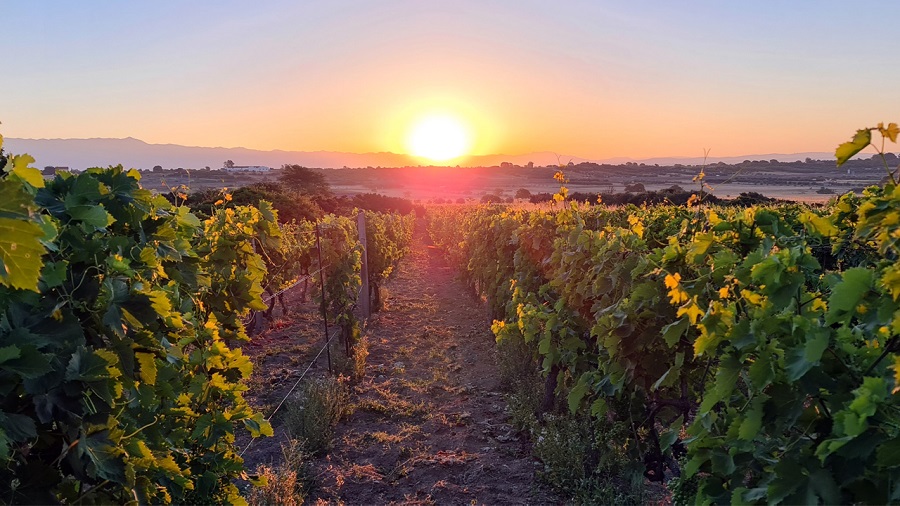
7. What advice do you have for others thinking about making a move from the diaspora?
My advice is to follow your heart; if everything is telling you to move forward in this direction, if you have the itch, then you should scratch it, take the bull by the horns, and just do it. But not before you come up with some sort of solid plan which you are prepared to change and rearrange at the drop of a hat. I’m certain that you need to drop whatever emotion you have and be prepared to suffer disappointment. Nothing is easy; life is full of pain and suffering, if you lead into your future plans with a positive mindset, then you will attract what you want or need in your life.
Also, there is a huge community of diaspora and digital nomads who are already here on the ground in Croatia; there are various groups on WhatsApp and similar where you can connect with us and ask for help and advice but don’t ask for direction, that can only come from you internally.
8. How do you think Croatia can better assist those who are looking to return to the Homeland?
Excellent question, I’m going to draw upon an example of poor government policy that is currently active here in Croatia.
Towards the end of last year, the government announced an incentive called “I choose Croatia” or “Mjera Biram Hrvatsku,” where the offer is to Croatian citizens located within the EEA who have spent at least 12 months outside of Croatia then find it within themselves to return to Croatia where they will be rewarded with up to 200,000kn all to revitalize the demographic problem of citizens leaving the country to live and work abroad.
Essentially what the policy has done is further segregate the diaspora from Croatia, it’s only available to citizens who are in the EEA. Ok, so what about the rest of the world? With this policy, the government is suggesting that there are only Croatian citizens in the EEA. The policy is so poorly structured that as of May 2022, publicly available information shows that a total of 16 people have applied, of those 16, only 5 have been awarded from this fund – this in itself shows exactly how much confidence Croatian citizens have in this policy.
Various guidelines need to be followed, but it only appeared to be a band-aid solution that has been announced to make it look like the government is doing something, whereas the numbers have proved this to be a complete flop!
The question is, why don’t you open up applications for this incentive worldwide?
If you read the constitution of Croatia (an amazing living document), you will soon recognize that this does not align with various sections, it does nothing but segregate us further.
What about those of us who have packed everything up and invested our hard-earned money back into Croatia? There is no help for us! All we have done is prop up the false GDP figures.
I choose Croatia, so why don’t you give me 200,000kn to help offset the amount of money I have invested back into this country then I will show you what I can do with it.
Unfortunately, the only people who listen to the diaspora are the diaspora; we have no voice, we are just expected to assimilate, shut up and be good citizens while our leaders make the wrong decisions for us without public consultation.
God Help Us!
And that’s a wrap, thank you so much for taking the time to read this until the end, I only hope it was as entertaining for you as it was for me, my parting words to you are, be a good human being, stay safe and live life to the fullest as time is not your friend, time is material to performance, time is definitely of the essence.

****
Thanks, Šime!
You can follow more stories in the Croatian Returnee Reflections series in our dedicated TCN section.
Would you like your returnee story - positive or negative - to be featured in this series? Contact This email address is being protected from spambots. You need JavaScript enabled to view it. Subject Returnee.
****
What is it like to live in Croatia? An expat for 20 years, you can follow my series, 20 Ways Croatia Changed Me in 20 Years, starting at the beginning - Business and Dalmatia.
Follow Paul Bradbury on LinkedIn.
Croatia, a Survival Kit for Foreigners will be out by Christmas. If you would like to reserve a copy, email This email address is being protected from spambots. You need JavaScript enabled to view it. Subject 20 Years Book
Croatian Returnee Reflections: Tony Ante Lucic, from London UK to Dubrovnik
September 18, 2022 - Whisper it quietly, but more and more people are relocating to Croatia from the diaspora. In a new TCN series, we meet them to find out how they are faring and what advice they have for others thinking of making the switch. Next up is Tony Ante Lucic, who moved from London to Dubrovnik.
My name is Tony (Ante) Lucic; I was born in Dubrovnik in 1953, I was a motor mechanic by trade. In 1974, when I was 21, I left my hometown of Dubrovnik and moved to London and worked as a waiter in the Savoy Hotel, to get a work permit, I had to work in catering. I was only planning to stay short-term to improve my English… I met my wife, and we had 2 children and made the UK my home for 46 years. I owned and ran our restaurant for 30 years.
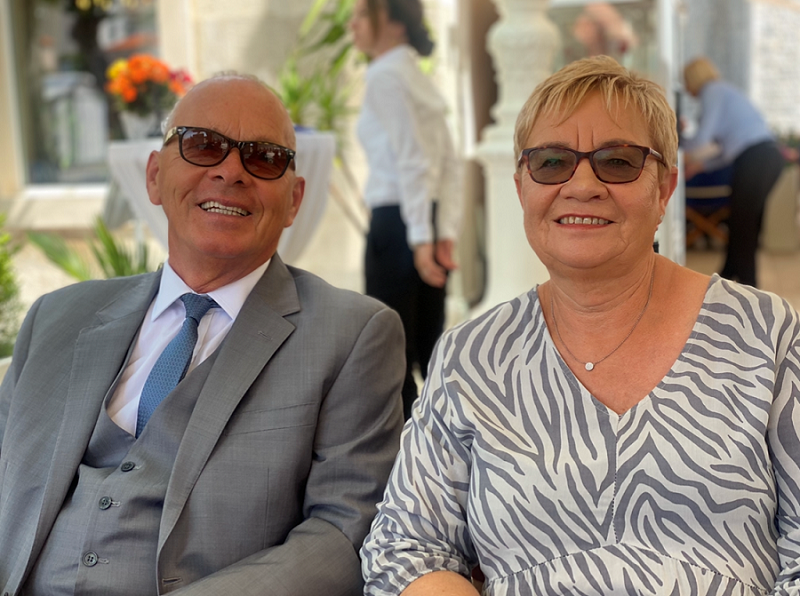
1. You made the switch to Croatia. Tell us a little about the decision process and how long it took for you to get on the plane.
I moved back to Croatia with my wife in 2020, just as Covid hit. I always said that when, and only when I retire, I would return back to my hometown of Dubrovnik, so that was an instant decision, albeit my English wife was hesitant.
2. What did your family and community back home think of your decision at the time?
My family and friends in the UK were pleased but sad to see us go, but they all love coming out to Dubrovnik for holidays.
3. Where did you get your information about the realities of Croatia prior to coming?
We holidayed every year in Croatia, so we kept up to date with friends, family, and on social media. We also attended the Croatian Catholic mission on a Sunday, where we met up with other Croatian people living in London.
4. What were you most nervous about making the switch? What was your biggest fear, and what was the reality of what you found?
For me, the switch was easy, as I did not need anything from the state, as I already had a house here and did not need employment as I was retired, and that was one of the reasons I always said I would only move back when I retired. Because I had my English wife with me, we did have a few hurdles regarding paperwork and going from office to office, apostille stamps trying to avoid the office coffee breaks, and all this during Covid made it a bit stressful.
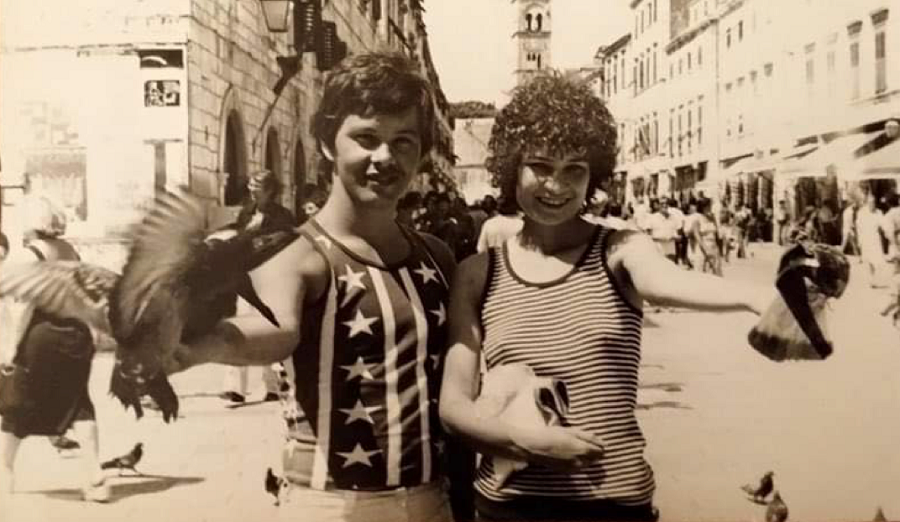
5. Think back to the time before you arrived. What were your perceptions about Croatia, and how were they different from the reality you encountered?
From my perceptions of reality, things have improved a lot over the years, notably the healthcare service, they don’t lock you in the ward anymore, haha, but there is still a long way to go. People like to moan here, but most of them seem to live well, I do wonder if anybody does any work as they all seem to be drinking coffee.
6. You are still here, so obviously, the pros outweigh the cons. Tell us about some of the things that you love about being in Croatia, as well as some of the things you don't like.
Being a laid-back person, I enjoy the slower pace of life, sunshine, beach, and the coffee culture, people make you feel welcome, and their hospitality is first class. Drivers are very impatient; no one likes to queue, bureaucracy is a nightmare, tradesmen, i.e., plumbers and electricians, never turn up as promised, and everyone knows everyone's business. And living in a small town is a case of who you know, not what you know!
7. What advice do you have for others thinking about making a move from the diaspora?
My Advice would be, only come if you are financially secure, otherwise, good luck!
8. How do you think Croatia can better assist those who are looking to return to the Homeland?
They need to simplify bureaucracy; the politics need to change, and not to mention the corruption.. otherwise, I love it here.
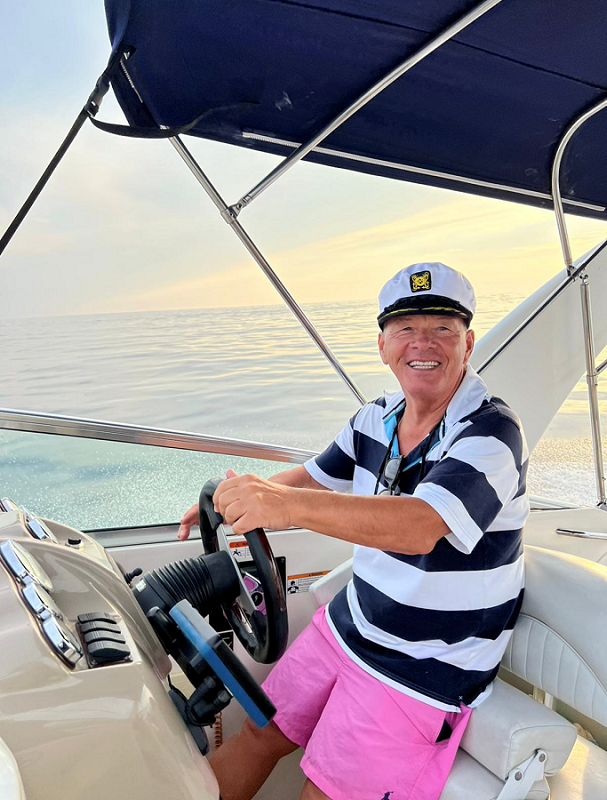
****
Thanks, Tony!
You can follow more stories in the Croatian Returnee Reflections series in our dedicated TCN section.
Would you like your returnee story - positive or negative - to be featured in this series? Contact This email address is being protected from spambots. You need JavaScript enabled to view it. Subject Returnee.
****
What is it like to live in Croatia? An expat for 20 years, you can follow my series, 20 Ways Croatia Changed Me in 20 Years, starting at the beginning - Business and Dalmatia.
Follow Paul Bradbury on LinkedIn.
Croatia, a Survival Kit for Foreigners will be out by Christmas. If you would like to reserve a copy, email This email address is being protected from spambots. You need JavaScript enabled to view it. Subject 20 Years Book
Croatian Returnee Reflections: Ljubica Tomić, from Hong Kong to Istria
September 17, 2022 - Whisper it quietly, but more and more people are relocating to Croatia from the diaspora. In a new TCN series, we meet them to find out how they are faring and what advice they have for others thinking of making the switch. Next up is Ljubica Tomić, who moved from Hong Kong to Istria.
My name is Ljubica, born and raised in Croatia, in the lovely Samobor area. Being a teenager in the 90s in Croatia, I always thought - there must be a less toxic place where people are positive and embrace differences. I put in a lot of effort and grabbed the first possible occasion, which took me to Hong Kong when I was 30 years old. A few years later, I abandoned the profit business and started from scratch in the aid sector, where I spent almost a decade on and off, alternating working and travelling around the world… until 2017, when I decided to abandon a nomadic lifestyle and settle in Croatia, Istria.
1. You made the switch to Croatia. Tell us a little about the decision process and how long it took for you to get on the plane.
In my 30s, I thought I could settle in several places around the world I loved, but after 70+ countries visited and about a dozen I lived in, I figured the Mediterranean is the place to be - weather, food, culture, nature, lifestyle, safety… with family here and Croatian passport in the pocket, picking Croatia made sense.
2. What did your family and community back home think of your decision at the time?
Croatia was still my primary home, and important people were happy I am finally coming back.
3. Where did you get your information about the realities of Croatia prior to coming?
I kept in touch, and I observed progress, which was encouraging.
4. What were you most nervous about making the switch? What was your biggest fear, and what was the reality of what you found?
Growing differences with my existing community in Croatia and, on the other side, a lack of differences (diversity) in Croatian society.
Being away for over a decade, even though I regularly made enormous efforts to meet everybody I could each time briefly visiting Croatia, I knew it would feel different once I am back. Making appointments became more difficult and some of those relationships simply diluted…which was kind of normal and okay, being in my early 40s and becoming aware that all we need is “mali krug, velikih ljudi” (small circle, big people).
On the other hand, I like to meet new, different and interesting people who also travel the world, embrace differences, cherish what they have and grab life by the balls (rather than just whining). The growing expat community is great news, so I managed to connect and make some new friendships.
5. Think back to the time before you arrived. What were your perceptions about Croatia, and how were they different from the reality you encountered?
While I was well aware of possible obstacles, it did disappoint with how severely inefficient Croatian administration and regulations are. I could have easily picked any place on the planet to live in but decided to come back to Croatia. Being in my prime age, educated, experienced, focused, persistent and with money to invest, I struggled for 3 years to kick off my project. A tiny retreat on my one-acre land in Istria was the idea.
Legal and administrative obstacles were insane. One issue was ping pong between the municipality and county, whereby each one says, “go and ask the other one”. No clear statements and guidelines. Another one was that for such a project, I needed to please three different ministries with their regulations while the regulations of each ministry are ambiguous and then contradictory between those three. Loads of meetings and email correspondence with highly ranked officials also didn’t help. Sometimes when I reached a relevant person, I figured this person was stuck in the 80s and had no experience or capacity to do their job.
… This brings us to the next worst obstacle - many (not all) people working in Government offices, besides not being professionally equipped, have a very common (and very wrong) approach - and that is behaving like we are here because of them, and not vice versa. Our notorious “uhljeb” model.
6. You are still here, so obviously, the pros outweigh the cons. Tell us about some of the things that you love about being in Croatia, as well as some of the things you don't like.
I love that I can show up at my neighbour’s door to borrow a few eggs. I love when the staff in the pet shop sits with my dog when I go to grab groceries. I love how we exchange and share goodies in the village. I love that visiting amazing and diverse places across Croatia takes only a few hours of driving. I love the fact that I can leave my house key (in case of emergency) with a neighbour when I travel. I love to host my international friends visiting, who, all without exception, find Croatia amazing. Because it is.
What I don’t like is already mentioned in the article but in general, what hurts most is that we have a country with amazing opportunities, and we just can’t handle all those incredible resources we have. But, I believe in the young generation and am positive they will make changes as soon as old farts step down.
I fully support young people leaving Croatia and seeing the world, getting new skills and opening their minds, but we need to find a way to bring them back. It was easier for me because I was single, but if I had my own family, I'm not sure Croatia would be the final pick…
7. What advice do you have for others thinking about making a move from the diaspora?
Be aware of heavy administration and equip yourself with a lot of patience. As much as you would think that you should be invited and welcomed with your qualities to the country that clearly needs “fresh blood”, there is a massive lack of community benefits perspective. It mostly comes down to individuals and their personal interests. Very sadly, Croatians are known to be very tolerant of corruption, but please, do not support that.
Another one is very common around the world - as most of you would probably come from more developed countries and with some capital to invest, many locals will think that you have an unlimited budget. Do your research before closing the deals. Not only as prevention of getting ripped off but simply because nonchalantly paying more (just because you can) means overall prices inflating, which can badly affect local people with fewer resources.
8. How do you think Croatia can better assist those who are looking to return to the Homeland?
Easier investment opportunities from every perspective. It is abnormal that once you paid the full amount, you need to wait for a HEP electricity connection for ten months, even with regular follow-ups through all possible channels. Cut the heavy administration, which, if done well, should make it more efficient. We don’t need "uhljebs" who actually serve their own purpose while making people’s lives more difficult with their incompetence and unprofessionalism
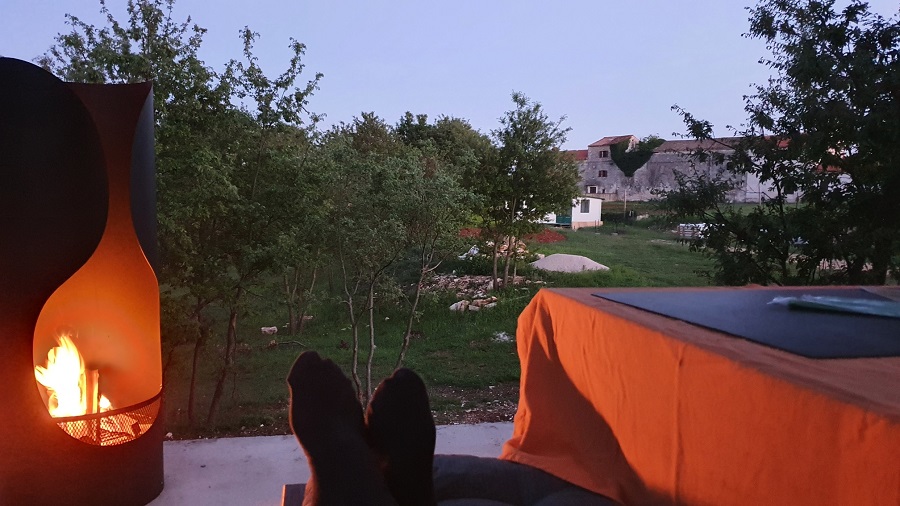
****
Thanks Ljubica!
You can follow more stories in the Croatian Returnee Reflections series in our dedicated TCN section.
Would you like your returnee story - positive or negative - to be featured in this series? Contact This email address is being protected from spambots. You need JavaScript enabled to view it. Subject Returnee.
****
What is it like to live in Croatia? An expat for 20 years, you can follow my series, 20 Ways Croatia Changed Me in 20 Years, starting at the beginning - Business and Dalmatia.
Follow Paul Bradbury on LinkedIn.
Croatia, a Survival Kit for Foreigners will be out by Christmas. If you would like to reserve a copy, email This email address is being protected from spambots. You need JavaScript enabled to view it. Subject 20 Years Book
Croatian Returnee Reflections: Marina Huber, from Amsterdam to Pula
September 16, 2022 - Whisper it quietly, but more and more people are relocating to Croatia from the diaspora. In a new TCN series, we meet them to find out how they are faring and what advice they have for others thinking of making the switch. Next up is Marina Huber, who moved from Amsterdam to Pula.
Born in the small town of Požega in the heart of Slavonia but lived most of my adult life in the Netherlands. Both of my parents were born and live in Croatia, mostly in peaceful Istria. So my connection to Croatia was substantial, I have family, land, and friends here, but what mostly got me thinking about moving back is the sunny climate, outdoorsy lifestyle, and nature. For the past 7 years, I worked in the tech industry, and now I am most at home in Mobile development, perhaps better to say I am an iOS programmer. I am greatly in love with the sea and surfing and looking forward to getting my charter sailboat business up and down the coast. Currently, I am working as a developer for US clients in the sector of healthcare.
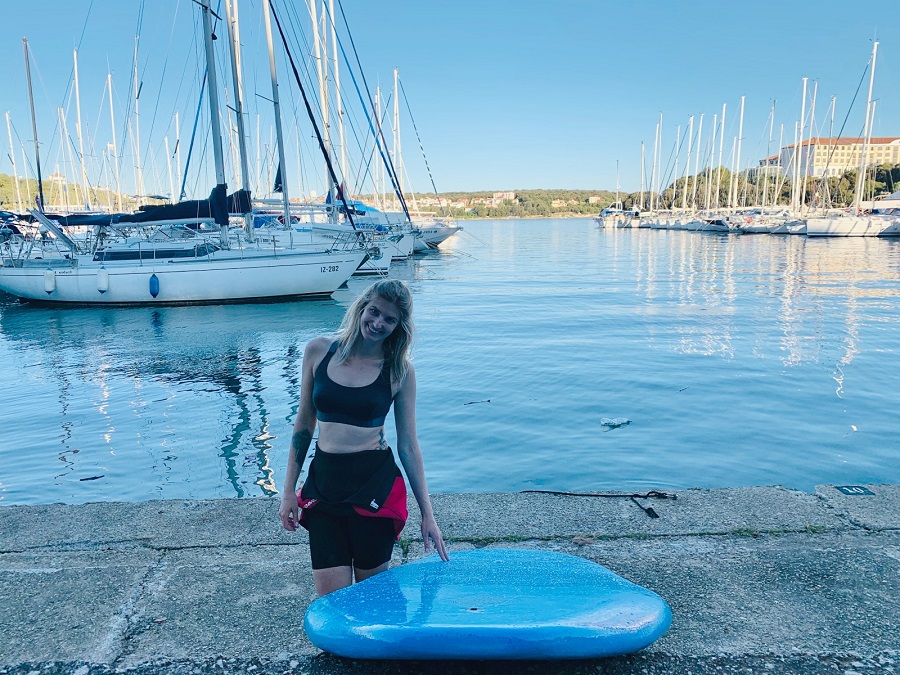
1. You made the switch to Croatia. Tell us a little about the decision process and how long it took for you to get on the plane.
Guess I just had enough of 15 years living in Amsterdam and paying huge amounts of rent for small shitty apartments. I always dreamed of being a freelancer or even maybe an entrepreneur and living in a warm and sunny place, since I was so frequently coming back to Pula, Croatia, and my IT skills and network were getting stronger, I decided to take a leap in 2019. At the time, working remotely was still pretty hard, and finding work in Croatia is way underpaid to what I was used to, but I was determined. The pandemic hit a few months after my move, and working remotely was a new norm this really made my life and business easier, and I am happy I made this change.
2. What did your family and community back home think of your decision at the time?
They were happy for me, but they knew that at any moment, I would be back easily due to the lack of work in Croatia. At the same time, I lived in a few places and tried different lifestyles before I moved back to Pula, so I guess my family is used to my partially nomadic life.
3. Where did you get your information about the realities of Croatia prior to coming?
I was always in contact with my high school friends and family, plus on every vacation I had, I was coming to Croatia, even doing some small freelance gigs. Since I never watch the news or TV (I’m a pre-social media child), I missed a lot of propaganda but also harsh realities. This naivity made me happier at the time and made my move easier somehow.
4. What were you most nervous about making the switch? What was your biggest fear, and what was the reality of what you found?
My greatest fear at the time was not being able to cope in a small coastal town, financially or socially. My expectation was to have a bigger social life as that was what I was used to in colorful Amsterdam. I found out that people are here quite scared and close-minded apart from the few and when I found them I felt at home here at last. I found out that there is a thing called Balkan dark humor and that love for art and music is great. And I love it.
5. Think back to the time before you arrived. What were your perceptions about Croatia, and how were they different from the reality you encountered?
Croatia seems to be deprived of people, young and educated, and I always wanted to change that. I guess harsh reality hit me as this is really a tribal society, and a lot of us are mostly struggling in day-to-day life. My perception was a bit gloomy, but I see there are many opportunities here that are brand new and, in the Netherlands, have been long established.
6. You are still here, so obviously, the pros outweigh the cons. Tell us about some of the things that you love about being in Croatia, as well as some of the things you don't like.
I love the sea and sports, and this is exactly why Croatia is home. Also, love how people around me are resilient, and that makes me too. Family values here are still important, and safety on the streets is good. Don’t like the unfairness and injustice that is surrounding a lot of daily activities here. A lot of things are overpriced and a rip-off.
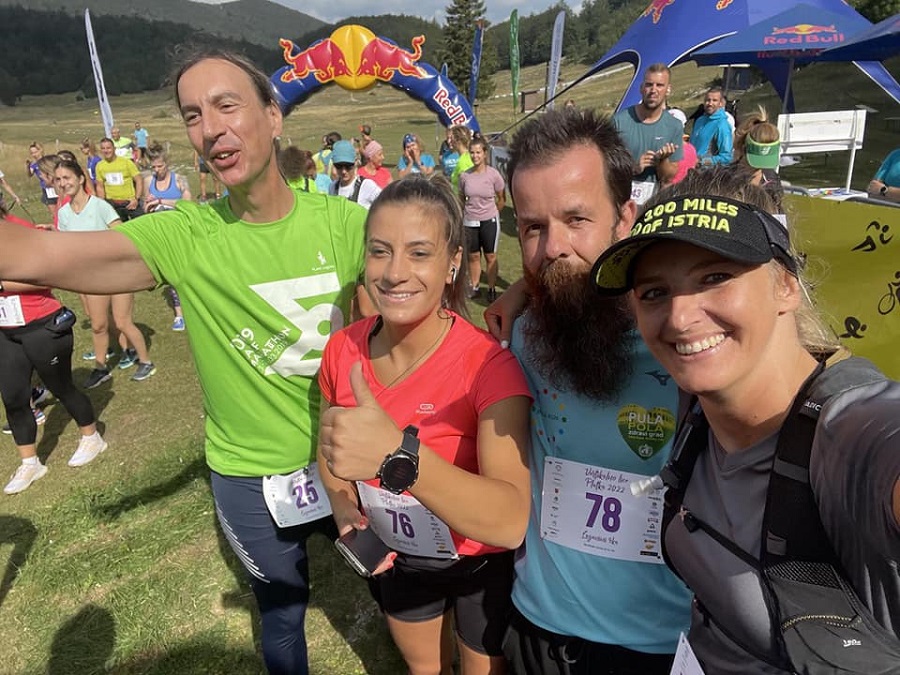
7. What advice do you have for others thinking about making a move from the diaspora?
Find your passion and go for it! Investigate what part of town or country you like to live in and make sure you have a good landlord. Try to find a way to invest in your pension funds, as the government will not do that for you. I would say speaking the language is not a must but nice to have. Contact the Digital Nomads community as they have plenty of ideas and experience, or try to find a greater expats community.
8. How do you think Croatia can better assist those who are looking to return to the Homeland?
This is a big question; I think Croatia needs more than just giving a couple of thousands of Euros to returned millennials or families. They need to start acting for fairness and justice, democracy and transparency. Well, the basic problem of why the diaspora is not returning is salaries. Once this rises to a better level, we can talk about Homeland. In these hard times for all of us, connecting communities is the key. I believe the world needs people who are deeply rooted in their local communities, care about their land and its issues, and want to make a difference together.
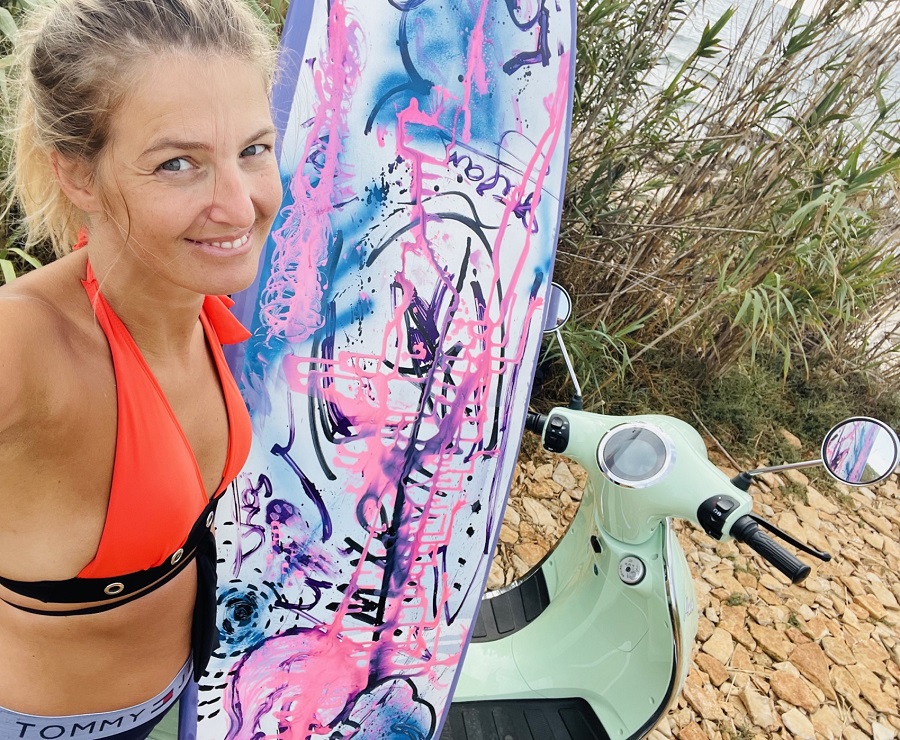
****
Thanks Marina, and good luck with marinahuber.com
You can follow more stories in the Croatian Returnee Reflections series in our dedicated TCN section.
Would you like your returnee story - positive or negative - to be featured in this series? Contact This email address is being protected from spambots. You need JavaScript enabled to view it. Subject Returnee.
****
What is it like to live in Croatia? An expat for 20 years, you can follow my series, 20 Ways Croatia Changed Me in 20 Years, starting at the beginning - Business and Dalmatia.
Follow Paul Bradbury on LinkedIn.
Croatia, a Survival Kit for Foreigners will be out by Christmas. If you would like to reserve a copy, email This email address is being protected from spambots. You need JavaScript enabled to view it. Subject 20 Years Book
Croatian Returnee Reflections: Višnja Rapić, from Cologne to Trogir
September 15, 2022 - Whisper it quietly, but more and more people are relocating to Croatia from the diaspora. In a new TCN series, we meet them to find out how they are faring and what advice they have for others thinking of making the switch. Next up is Višnja Rapić, who moved from Cologne to Trogir.
I was born and grew up near Cologne, Germany. As both my parents were from Croatia, they instilled the love of my homeland from birth. During the War of Independence, my love for Croatia grew bigger and bigger, and there was only one goal for me: After finishing school, I moved to Zagreb, where I studied Business. After graduating, I moved to Dalmatia, where I started work and, over the years, my own family. Today I am a proud mother of four and grateful to raise them together with my husband in my safe homeland.
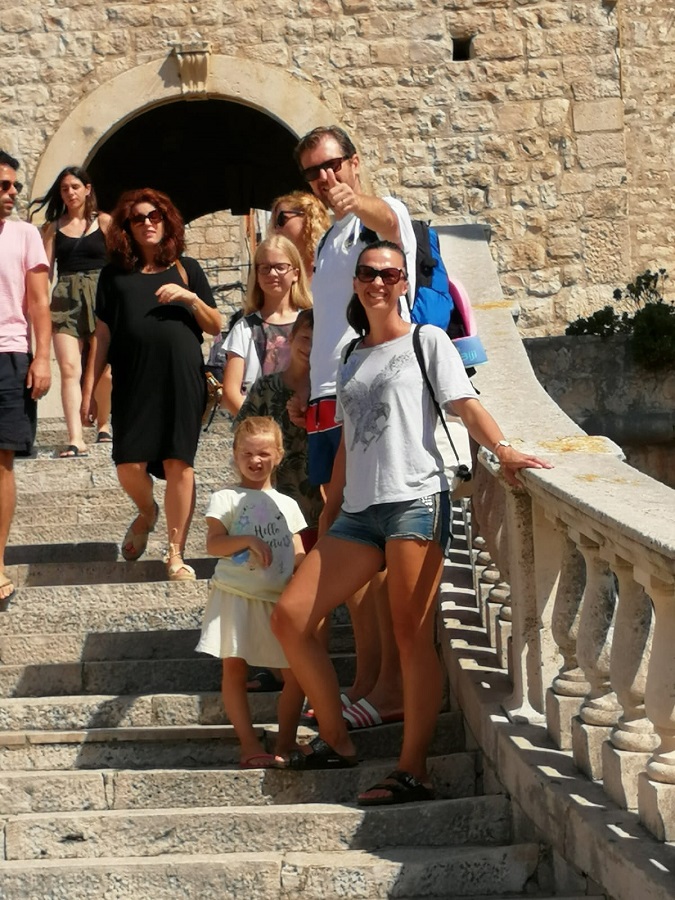
1. You made the switch to Croatia. Tell us a little about the decision process and how long it took for you to get on the plane.
At 19, I had no doubts about leaving my safe life in Germany and making the big move to Croatia. It was all I was living for back then. Together with my older brother, it took us only a few weeks to organize the move.
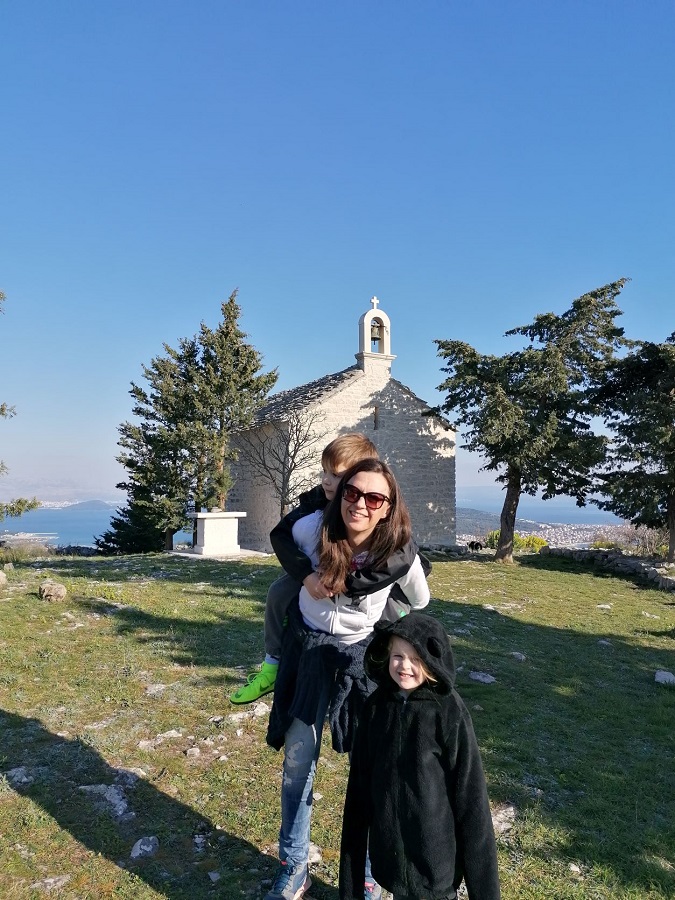
2. What did your family and community back home think of your decision at the time?
My parents were happy and proud, of course. I am not sure about the opinion of my community; I believe I have always made it clear how much I loved my homeland and how much I was suffering by leaving Croatia after each summer holiday. So, it probably was no big surprise to anybody in Germany. In Croatia, on the other hand, people kept asking why I had done such foolishness.
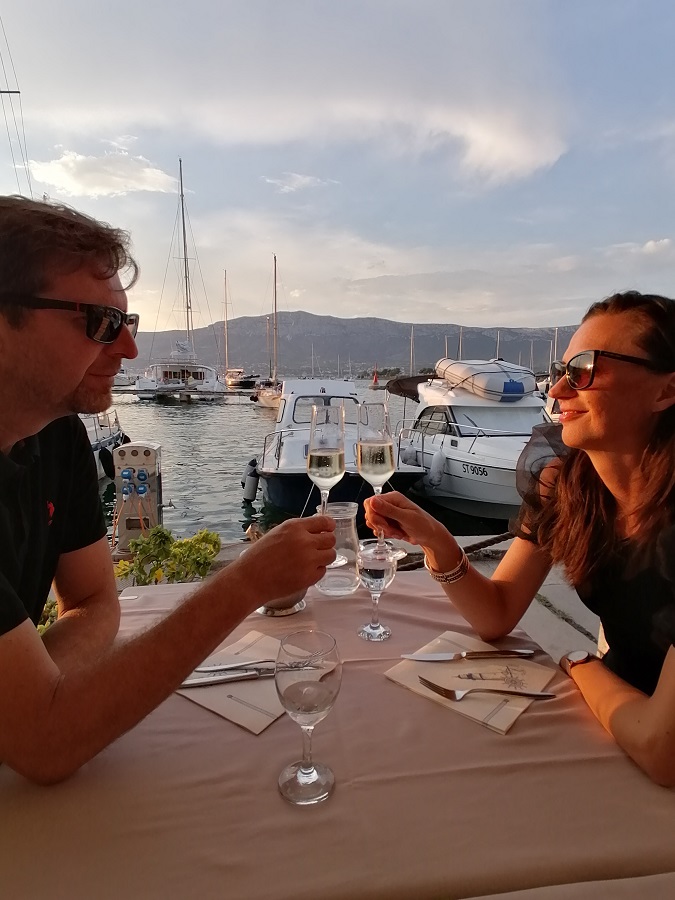
3. Where did you get your information about the realities of Croatia prior to coming?
Well, I only had my relatives in Croatia whose lives would show me what it was like to live here. The reality I felt was the warmth of the people I got to know each year during my summer holidays, and I wanted to experience it 365 days a year, not only during these 2 or 3 weeks.
4. What were you most nervous about making the switch? What was your biggest fear, and what was the reality of what you found?
As I was very young, I had no fear of moving to ´poorer‘ Croatia. My stubborn wish to finally live here superseded any fear or insecurity. The reality hit me for the first time when I received my first salary. Over the summer, I worked for a few months as a representative for a tour operator from Munich, but the pay was the usual pay for a Croatian student. The second time reality hit me was after I had failed my first exam at University, where I studied in fact in a language I needed to learn much better to be able to pass an exam.
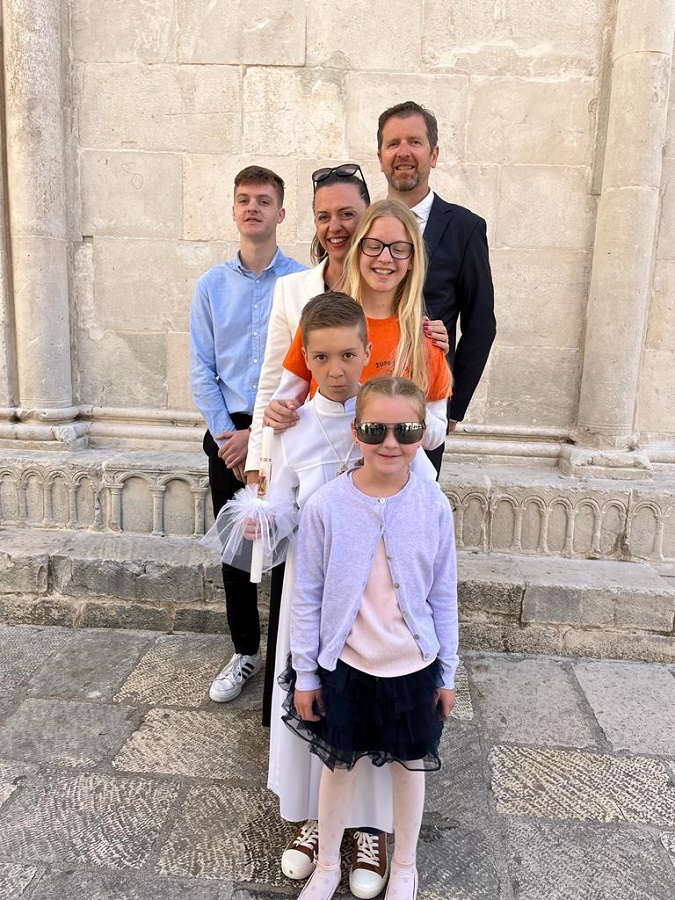
5. Think back to the time before you arrived. What were your perceptions about Croatia, and how were they different from the reality you encountered?
My perceptions were that people in Croatia are always welcoming and eager to help. It was a challenge each time for me to enter a post office or bank in the early 2000s because I was not used to the unkindness and annoyance from the ladies behind the counter. Thank God, this has changed a lot since then.
Also, my perception of the Croatian school system was quite different from reality. Croatian pupils need to work very hard for their grades, but at the same time, they leave school quite unprepared for life.
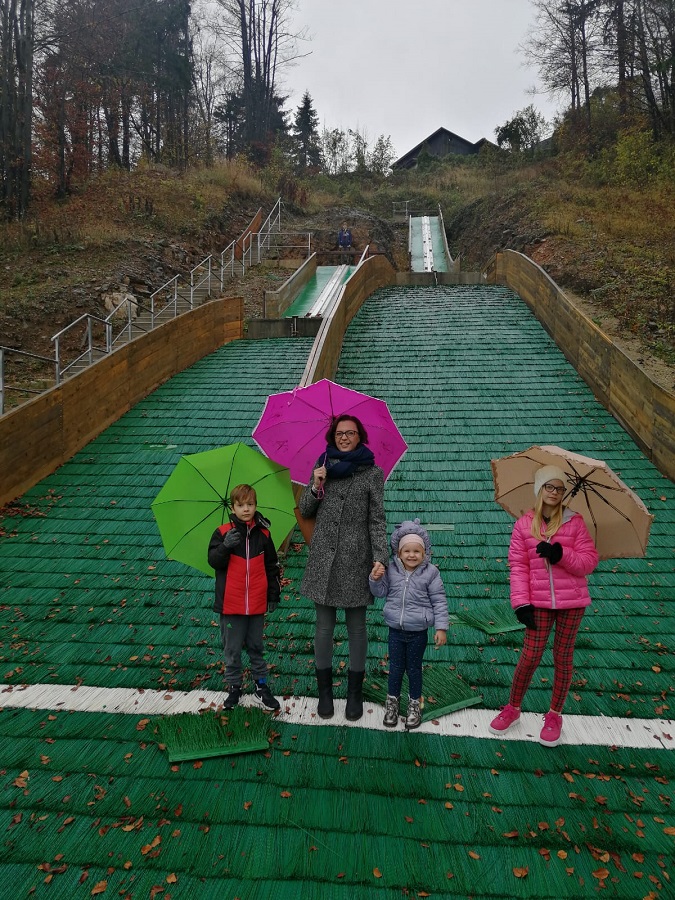
6. You are still here, so obviously, the pros outweigh the cons. Tell us about some of the things that you love about being in Croatia, as well as some of the things you don't like.
I would lie if I said that I did not miss a lot of things from my life in Germany. Such as the work ethic or good organization.
But what I love about Croatia is the natural dealing with problems of any kind. People are used to having to find a way. And there always will be a way because people really are eager to help each other.
It is wonderful how people accept family; nobody will look at you as dissatisfied when you appear in a restaurant with four children.
It is incredible how fast strangers can sit down together and start singing songs that are known by everyone.
I love it when people leave their motorcycles in front of a supermarket with the keys, helmets, and shopping bags visible and accessible to everyone. And nobody will touch a thing.
And unbeatable is the love of sports and music. I do not need to explain it any further.
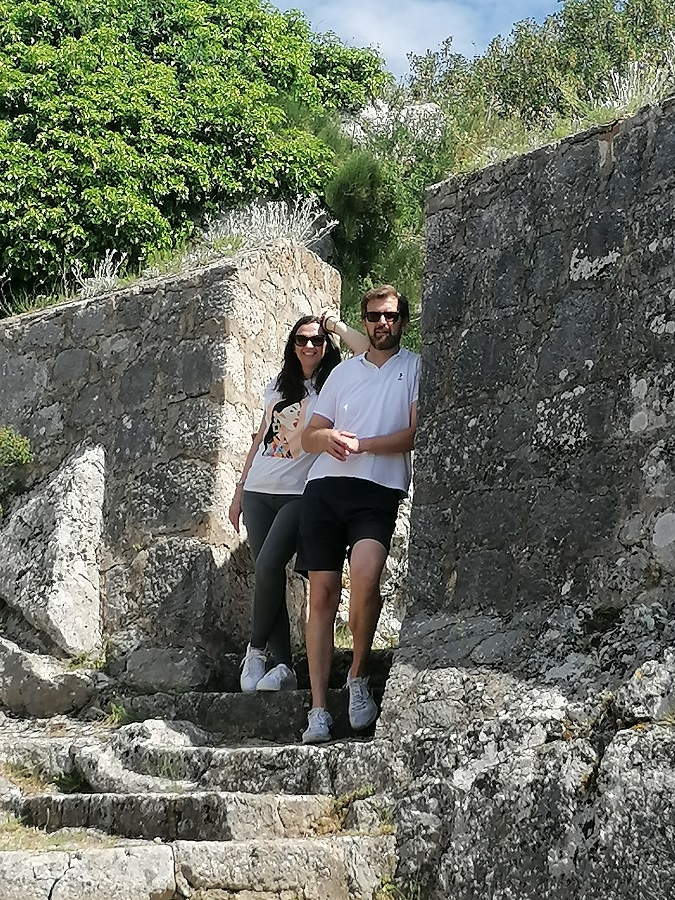
7. What advice do you have for others thinking about making a move from the diaspora?
Come and try it and make Croatia an even better place with your help and experience. We need more good people around :)
Of course, it is not easy to leave a place where you probably have better financial and material circumstances. But here you will find a calmer and more relaxed life. Children grow up in (still) natural and safe surroundings. It is just necessary to accept many things as they are, or otherwise, you have lost your battle from the very beginning.
8. How do you think Croatia can better assist those who are looking to return to the Homeland?
I believe that there need to be offered more networks for those who wish to connect with people who have gained similar experiences.
There could be a platform on the official website of the Government where people can get detailed information about anything that might be of interest to Returnees. FAQs links to kindergartens, schools, medical help centers, housing, etc.
****
Thanks, Višnja!
You can follow more stories in the Croatian Returnee Reflections series in our dedicated TCN section.
Would you like your returnee story - positive or negative - to be featured in this series? Contact This email address is being protected from spambots. You need JavaScript enabled to view it. Subject Returnee.
****
What is it like to live in Croatia? An expat for 20 years, you can follow my series, 20 Ways Croatia Changed Me in 20 Years, starting at the beginning - Business and Dalmatia.
Follow Paul Bradbury on LinkedIn.
Croatia, a Survival Kit for Foreigners will be out by Christmas. If you would like to reserve a copy, email This email address is being protected from spambots. You need JavaScript enabled to view it. Subject 20 Years Book
Croatian Returnee Reflections: Maria Pokrivka, from Graz to Zagreb
September 14, 2022 - Whisper it quietly, but more and more people are relocating to Croatia from the diaspora. In a new TCN series, we meet them to find out how they are faring and what advice they have for others thinking of making the switch. Next up is Maria Pokrivka, who moved from Graz to Zagreb.
My parents, both from Croatia (mum: Zagorje, dad: Slavonija), met in Graz-Austria and decided to stay there. I was born and raised in Graz. My connection to Croatia was huge, spent all my Holidays there, 1st language, Croatian, and was part of the Croatian community. I studied economics in Graz and did 1 year Erasmus in Zagreb. At the moment, I am working for an elevator company in Zagreb in Human Resources. That is my first job since I moved to Croatia.
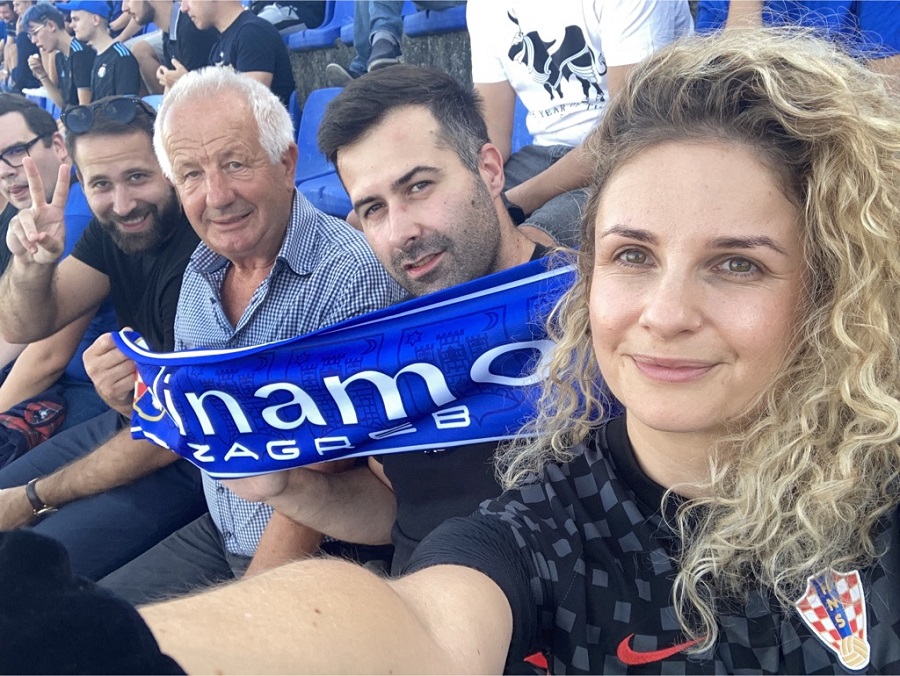
1. You made the switch to Croatia. Tell us a little about the decision process and how long it took for you to get on the plane.
After spending 1 year in Zagreb for Erasmus, I decided after I finish my studies in Graz, I will move there. Since then, all the smallest decisions I had to make were consciously chosen to help me come to Zagreb. As a “foreigner” in Austria, I just wanted to find my home, and that is what Zagreb gave me. About 5 years after Erasmus, I finally moved to Zagreb, and since then have never regretted it!
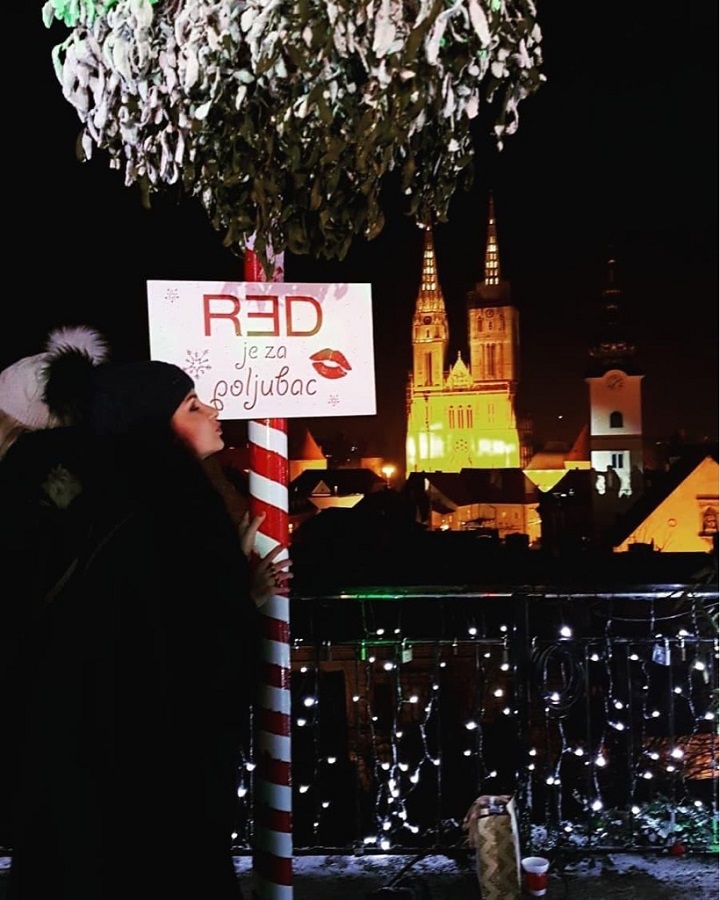
2. What did your family and community back home think of your decision at the time?
My family was definitely not happy about my decision and didn’t understand it. They thought Austria would give me a better life. My friends, on the other hand, felt I was doing the right thing, as they knew how long I desired to live there.
3. Where did you get your information about the realities of Croatia prior to coming?
Mostly from locals, as I had a lot of friends in Zagreb. All of them were really surprised about my decision, but again they confirmed to me that you could live very well in Zagreb.
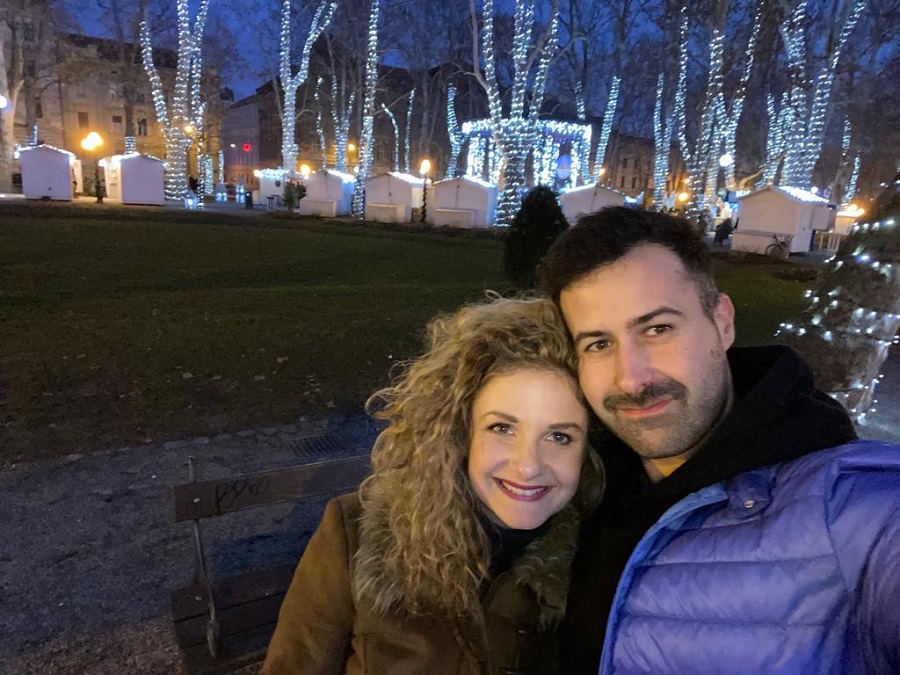
4. What were you most nervous about making the switch? What was your biggest fear, and what was the reality of what you found?
My biggest fear was at the beginning, If I fail or it doesn’t turn out the way I thought. I just didn’t want to fail and move back. Well, it turned out great. I had luck working in a good environment, with good friends around me. The reality was better than the dream.
5. Think back to the time before you arrived. What were your perceptions about Croatia, and how were they different from the reality you encountered?
Not much has changed. My perception was if you find a solid job and have a solid income, you can have a very beautiful life. I honestly can’t think of anything that surprised me.
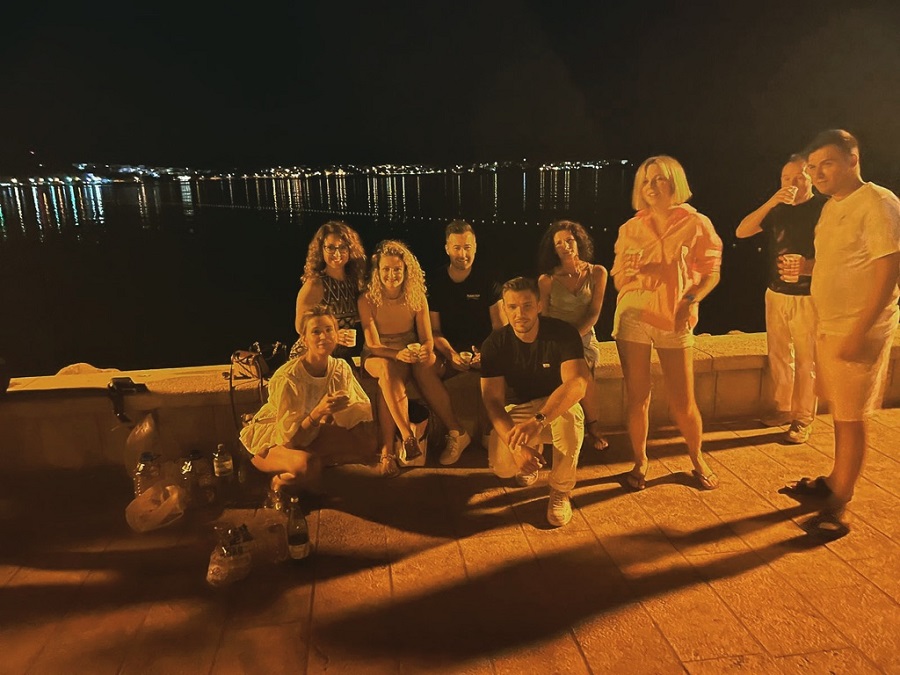
6. You are still here, so obviously, the pros outweigh the cons. Tell us about some of the things that you love about being in Croatia, as well as some of the things you don't like.
People. I love the warm, Direct and spontaneous mentality. Life is easy. The beauty of the country, and how close everything is. Literally every weekend during summer I spend it on the coast. Children are still children, they can be with their friends in the park the whole day, and you as a parent feel it s safe on the street. Buying your breakfast in the pekara (bakery) and enjoying it at a coffee house. I know there are also many cons, one of the cons that come to my mind are hospitals that are in a very bad state or a lot of corruption that affects the whole country.
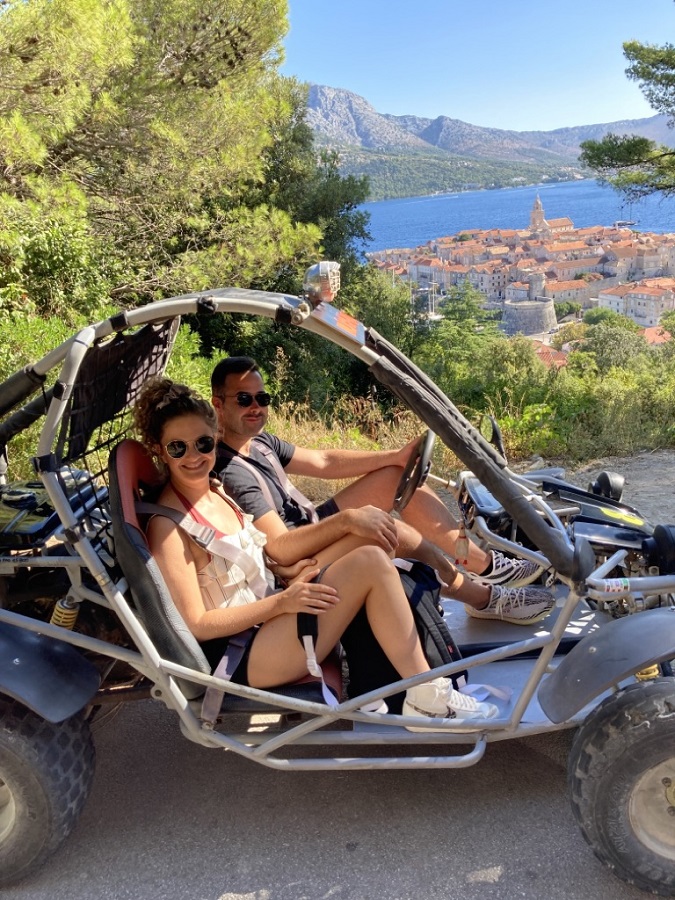
7. What advice do you have for others thinking about making a move from the diaspora?
Make sure that you learn the language abroad, knowing foreign languages in Croatia opens many doors. Buy your own apartment, don’t rent one.
8. How do you think Croatia can better assist those who are looking to return to the Homeland?
That is a hard one. But I think trying to connect them better in their hometown would make a big benefit. Whenever I'm telling someone in Croatia my story, they are very surprised and convinced that I am literally the only person who moved back, Because in the media, you only hear how people are leaving Croatia, but not that they are moving back. If the diaspora is better connected, they could help each other better.
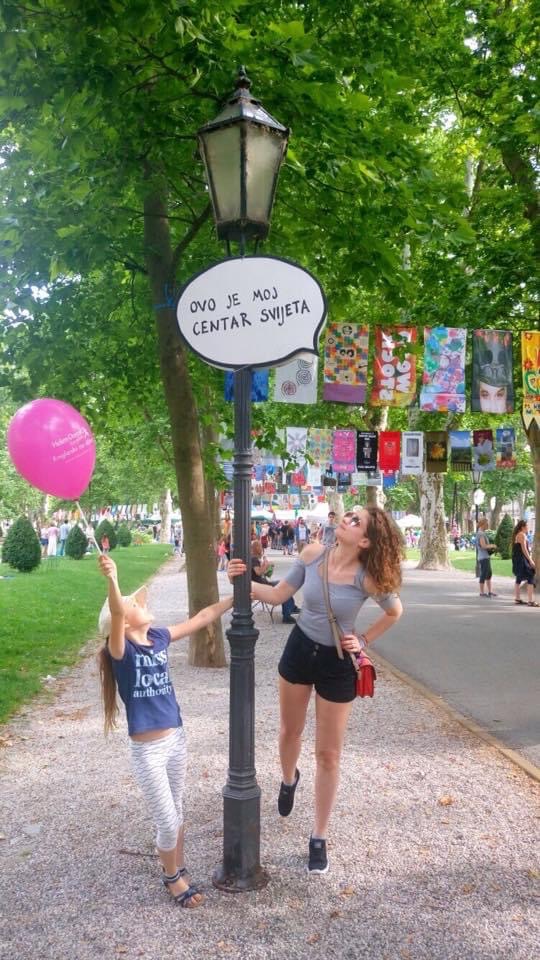
****
Thanks, Maria!
You can follow more stories in the Croatian Returnee Reflections series in our dedicated TCN section.
Would you like your returnee story - positive or negative - to be featured in this series? Contact This email address is being protected from spambots. You need JavaScript enabled to view it. Subject Returnee.
****
What is it like to live in Croatia? An expat for 20 years, you can follow my series, 20 Ways Croatia Changed Me in 20 Years, starting at the beginning - Business and Dalmatia.
Follow Paul Bradbury on LinkedIn.
Croatia, a Survival Kit for Foreigners will be out by Christmas. If you would like to reserve a copy, email This email address is being protected from spambots. You need JavaScript enabled to view it. Subject 20 Years Book
Croatian Returnee Reflections: Eugene Brcic Jones, from Sydney to Zagreb
September 13, 2022 - Whisper it quietly, but more and more people are relocating to Croatia from the diaspora. In a new TCN series, we meet them to find out how they are faring, and what advice they have for others thinking of making the switch. Next up Eugene Brcic Jones, who moved from Sydney to Zagreb.
My name is Eugene Brcic Jones, my parents migrated to Australia in 1969 and I was born in Sydney. I’m probably an entrepreneur, but I’m still waiting to cash in on some ventures like a hotel and resort ordering and payments app RoomOrders, or a self-diagnostic kit for viruses, VIBAC. I’m also going to try and build prefab villas on the island of Ugljan if I don’t get ripped off by the Chinese. Prior to doing all these lofty pursuits, I was a business consultant and longtime journalist.

1. You made the switch to Croatia. Tell us a little about the decision process and how long it took for you to get on the plane?
I moved back to Zagreb, Croatia in 2017 with my Aussie wife Michelle, who has a Ukrainian and British background, and two little girls Eden and Emerson. I had previously lived in Croatia during the 90’s war and early 2000s, so it was a return to the old haunts.
We grew tired of the mortgage rat race and wanted to buy back time and a more substantial social life for our young family. We went on a long holiday two years before making the move, travelling all over the place to fall in love with the idea, so there was some leg-work, before coming. However, the main ingredient was developing an infatuation with what we saw and wanting to experiment with a new life.
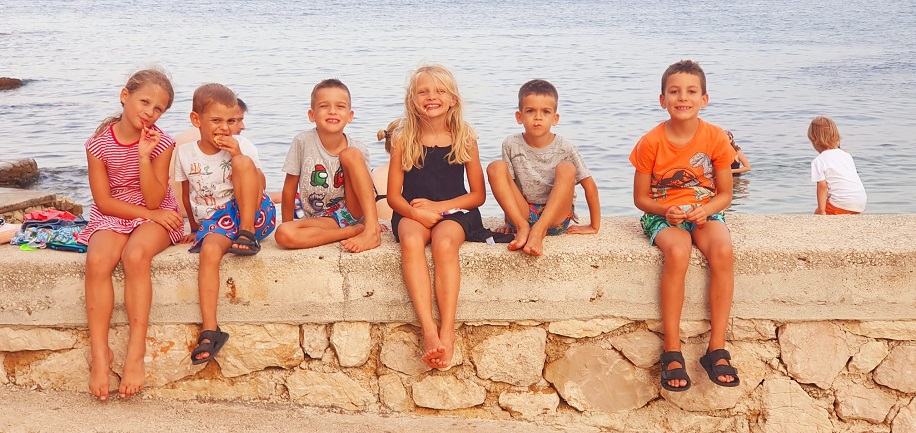
2. What did your family and community back home think of your decision at the time?
They thought we were bonkers and would be back in less than a year. It’s now over 5 years and we seem to be adjusted to this extraordinary place. Luckily, other nutters felt the same and the community of fruitcakes is growing fast. I’m clinging to the notion that over time, we will be declared visionaries or at least pioneers.
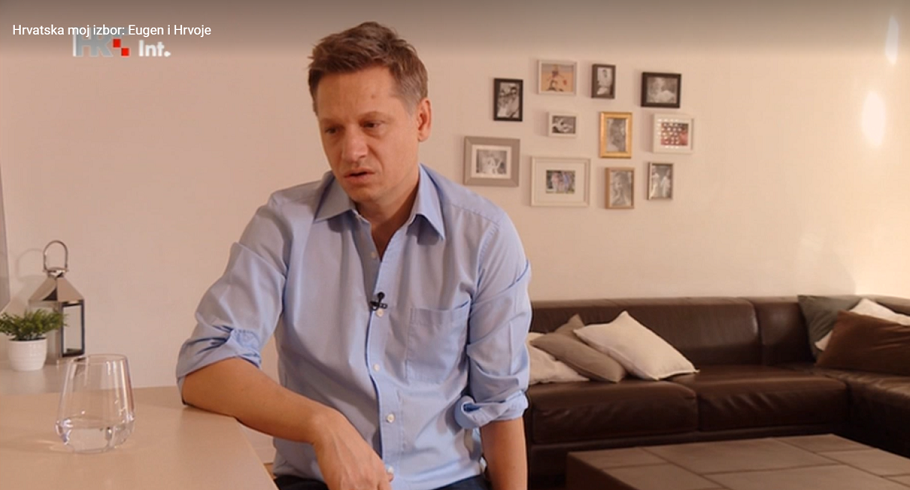
3. Where did you get your information about the realities of Croatia prior to coming?
I had previously lived here, I was a foreign correspondent for the Associated Press for many years, so I got to know and understand the harsh, yet quirky mentality. I had a fair idea of the pitfalls.
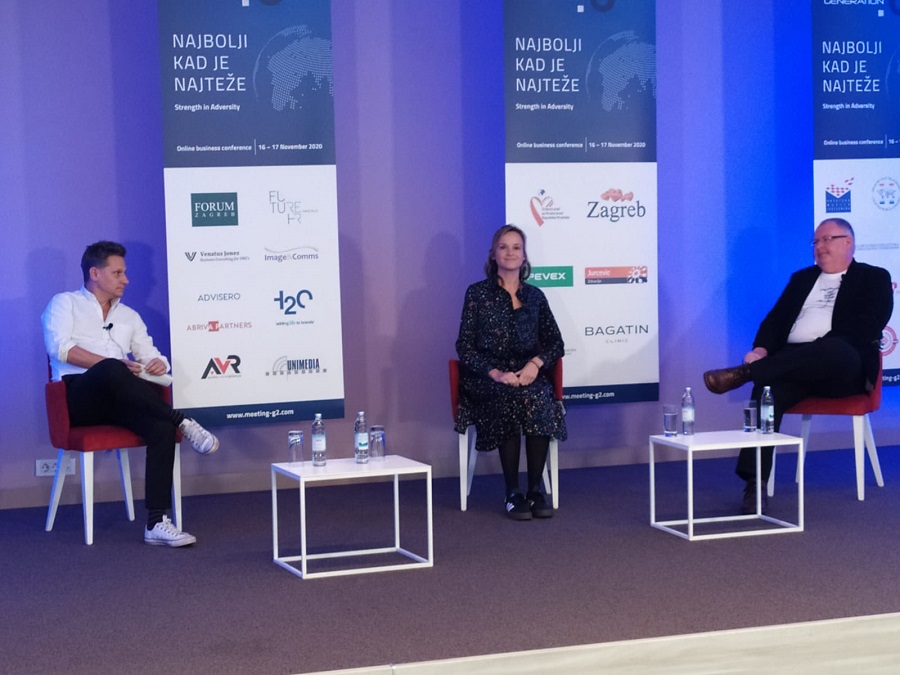
4. What were you most nervous about making the switch? What was your biggest fear, and what was the reality of what you found?
Money. We didn’t want our adventure to make us bankrupt and starve to death. We know work is hard to come by in Croatia, so we had to devise a better plan than a 9 to 5 job. The kids are small, so we knew they would fit in easily, but we needed to be financially secure and that was a major concern that grated on our nerves.
Our biggest fear was that we would not find out footing with finances and that we would bleed money. Of course, that’s exactly what happened. Our tenant in Australia left prematurely and we were vacant for five months, making us sh#t our pants with mortgage repayments from our savings rather than from rental income. To make matters worse, I planned some remote work before slipping into a role with potential business partners and all those opportunities also went pear-shaped.
The reality is that Croatia is a tough place to wing it and even well-laid-out plans can easily go up in smoke. On the other hand, it teaches you to live spontaneously, day-by-day, like the rest of the folk. I still don’t understand how they survive or where their money comes from, especially loads of people driving fancy cars and trendy labels.
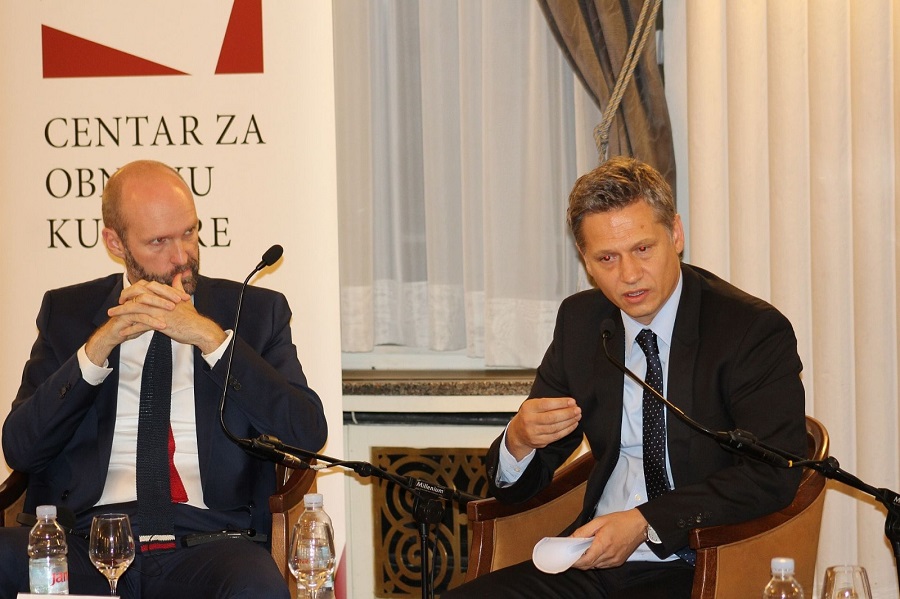
5. Think back to the time before you arrived. What were your perceptions about Croatia and how were they different from the reality you encountered?
My perception was that everybody here really knows how to live, while we from abroad only really know how to work. My reality was exactly that. They make the most of what they got, which usually comes down to sitting down for a coffee and relaxing, having a smoke or two.
Sure, nobody in the world whinges and whines like Croatians, but the mystery remains, how the bloody hell do they live off their meager incomes? It’s almost a form of art – making just enough money to enjoy the simple pleasures of life.
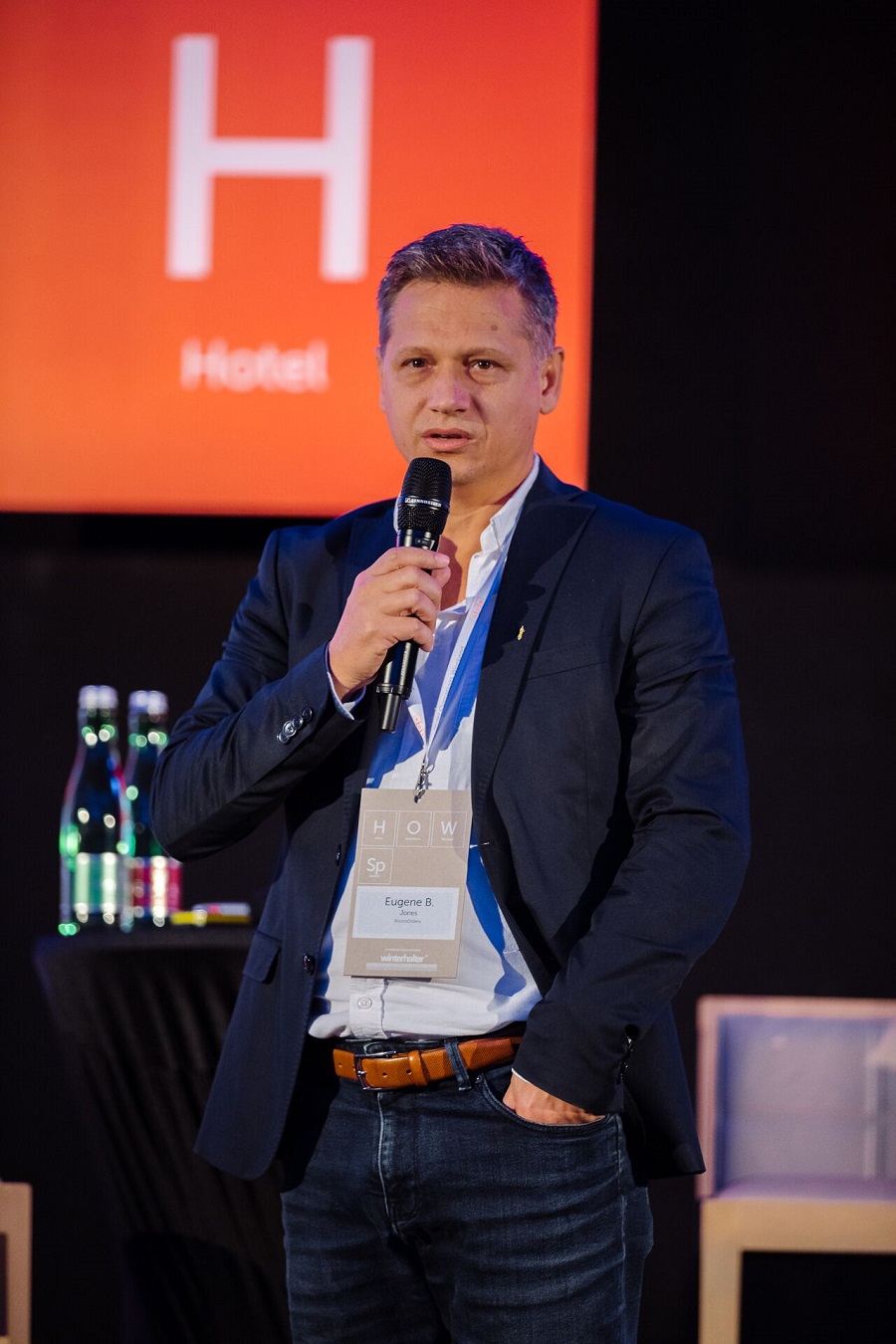
6. You are still here, so obviously the pros outweigh the cons. Tell us about some of the things that you love about being in Croatia, as well as some of the things you don't like.
I love that Croatia is moving forward despite all the corruption and complaining. It’s the perfect place to raise a family and socialize often with friends. It’s safe and has the ideal amount of tradition and contemporary sophistication. I personally love spending winter in Zagreb and skiing with friends and then spending summer again with friends at the seaside. In between there are little getaways, to break the routine. The weather is stable, cold in winter, hot in summer, warm in spring, cool in autumn. The ultimate feeling is the daily relaxation with coffee and conversation. No stress.
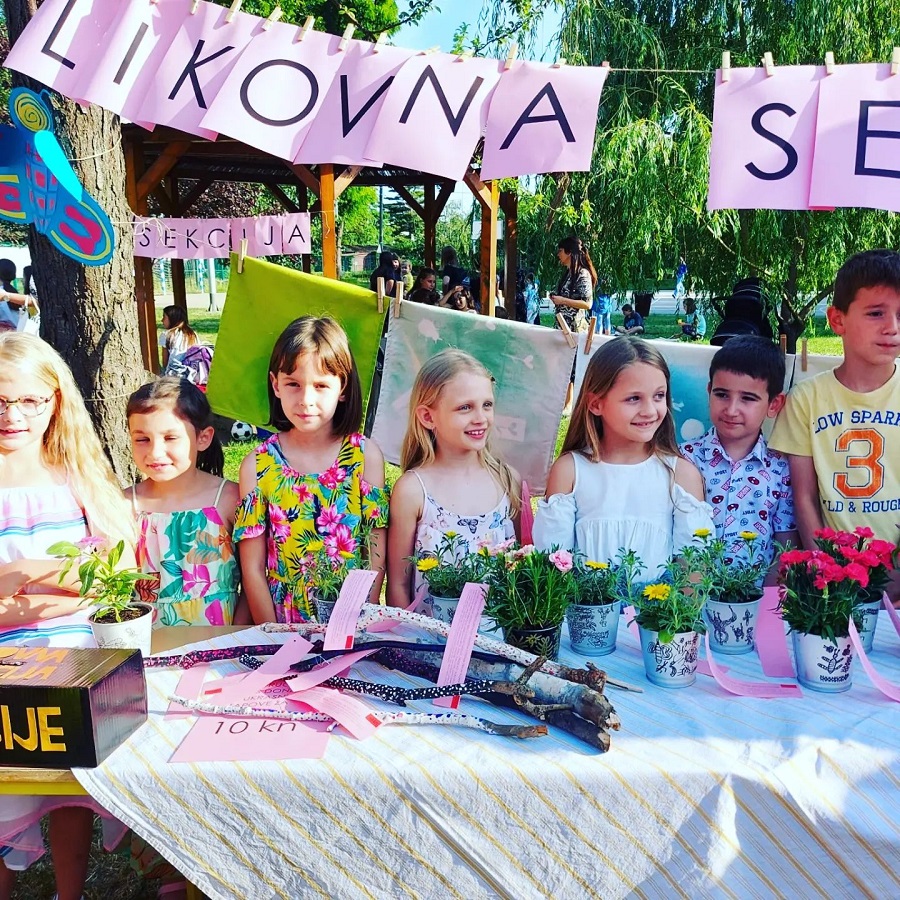
7. What advice do you have for others thinking about making the move from the diaspora?
Don’t be a tight-arse, chicken. Take the plunge. Take a sabbatical. If it doesn’t work out after a year, just go back, you will lose nothing, and gain everything. People should take a lesson out of the pandemic, don’t just be alive, live.
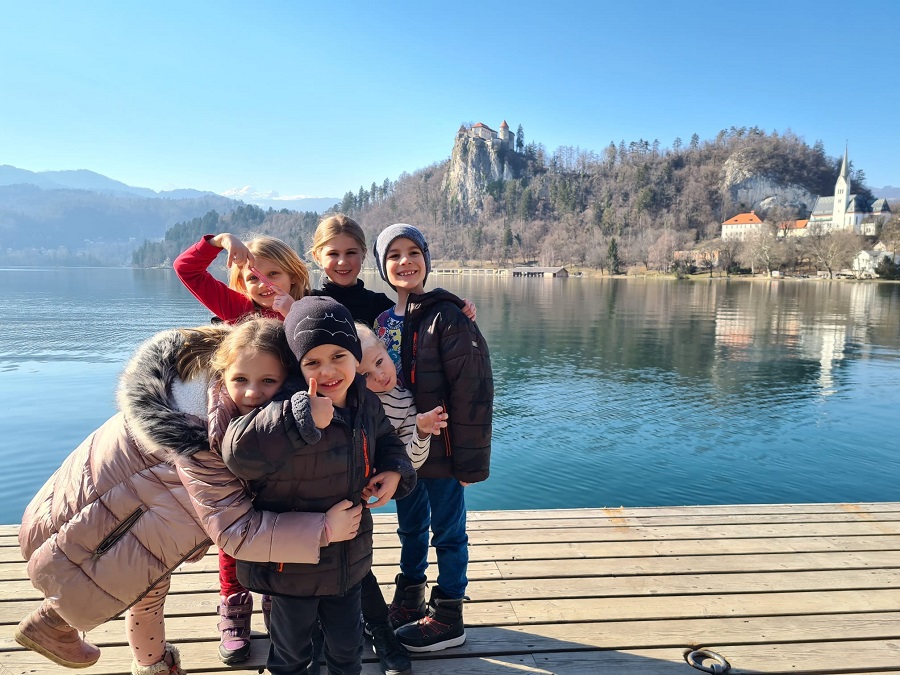
8. How do you think Croatia can better assist those who are looking to return to the Homeland?
Forget about such illusions. Croatia cannot even help itself. It’s a basket case. There are some initiatives like remote working visas for digital nomads that stand out from the malaise. Regretfully, the country and its bureaucracy are still too corrupt and inept to formulate campaigns to benefit everyone with Western money and people. The EU is helping develop structure and functional institutions through various programs and funding, but I would focus on keeping your pants on because the government and crooks will try and take your shirt off if you come here like a naïve deer stuck in the headlights.
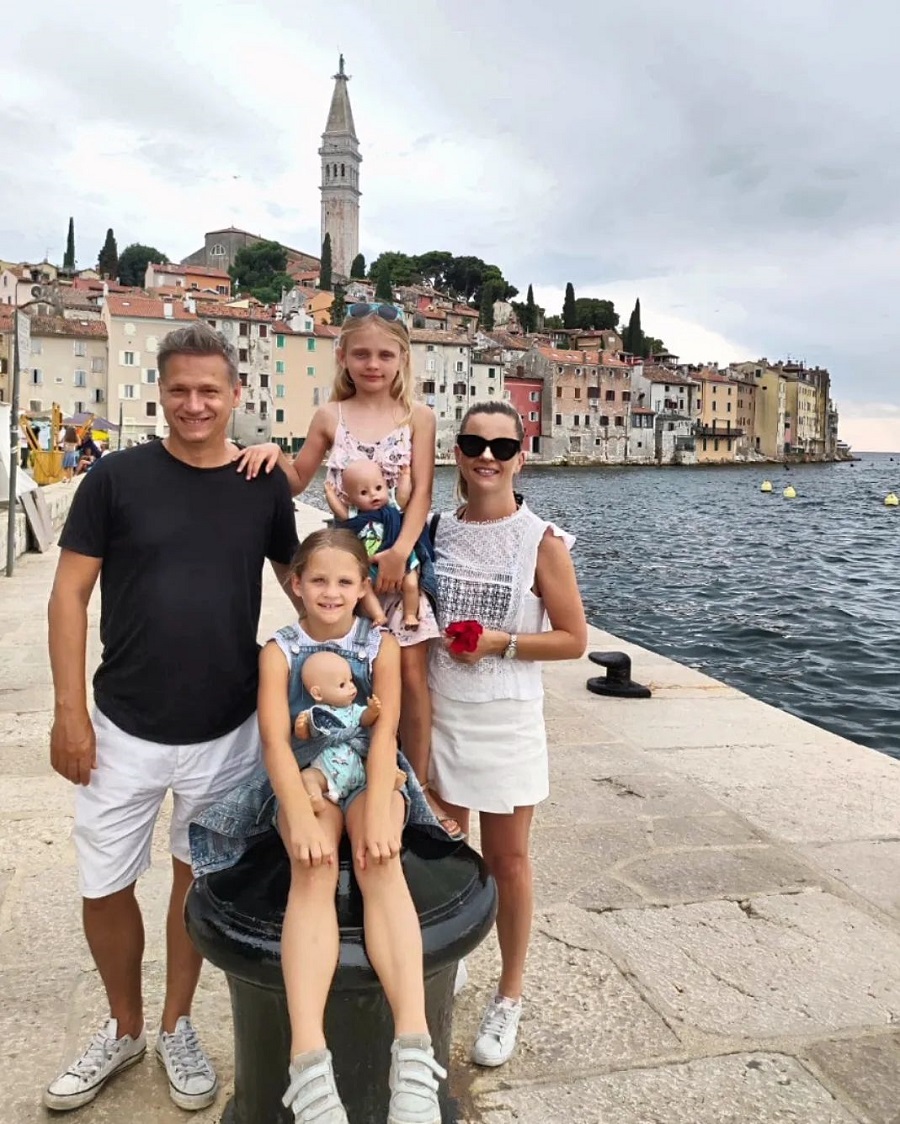
****
Thanks Eugene, and good luck with venatusjones.com roomorders.com
You can follow more stories in the Croatian Returnee Reflections series in our dedicated TCN section.
Would you like your returnee story - positive or negative - to be featured in this series? Contact This email address is being protected from spambots. You need JavaScript enabled to view it. Subject Returnee.
****
What is it like to live in Croatia? An expat for 20 years, you can follow my series, 20 Ways Croatia Changed Me in 20 Years, starting at the beginning - Business and Dalmatia.
Follow Paul Bradbury on LinkedIn.
Croatia, a Survival Kit for Foreigners will be out by Christmas. If you would like to reserve a copy, email This email address is being protected from spambots. You need JavaScript enabled to view it. Subject 20 Years Book
Croatian Returnee Reflections: Toni Bakovic, from Derby UK to Split
September 12, 2022 - Whisper it quietly, but more and more people are relocating to Croatia from the diaspora. In a new TCN series, we meet them to find out how they are faring, and what advice they have for others thinking of making the switch. We start with Toni Bakovic, who moved from Derby to Split.
My name is Toni Bakovic, I'm 24, born and raised in Split, Croatia; previously living for 5 years in Buxton/Manchester/Derby in England, I have decided to voluntarily take "the short end of the stick," as many would see it, and move back to Croatia from the UK. Since then I shifted from the Tourism Industry and odd jobs in England, into Entrepreneurship in Croatia and currently am at the cusp of my first webshop launch Textor.hr
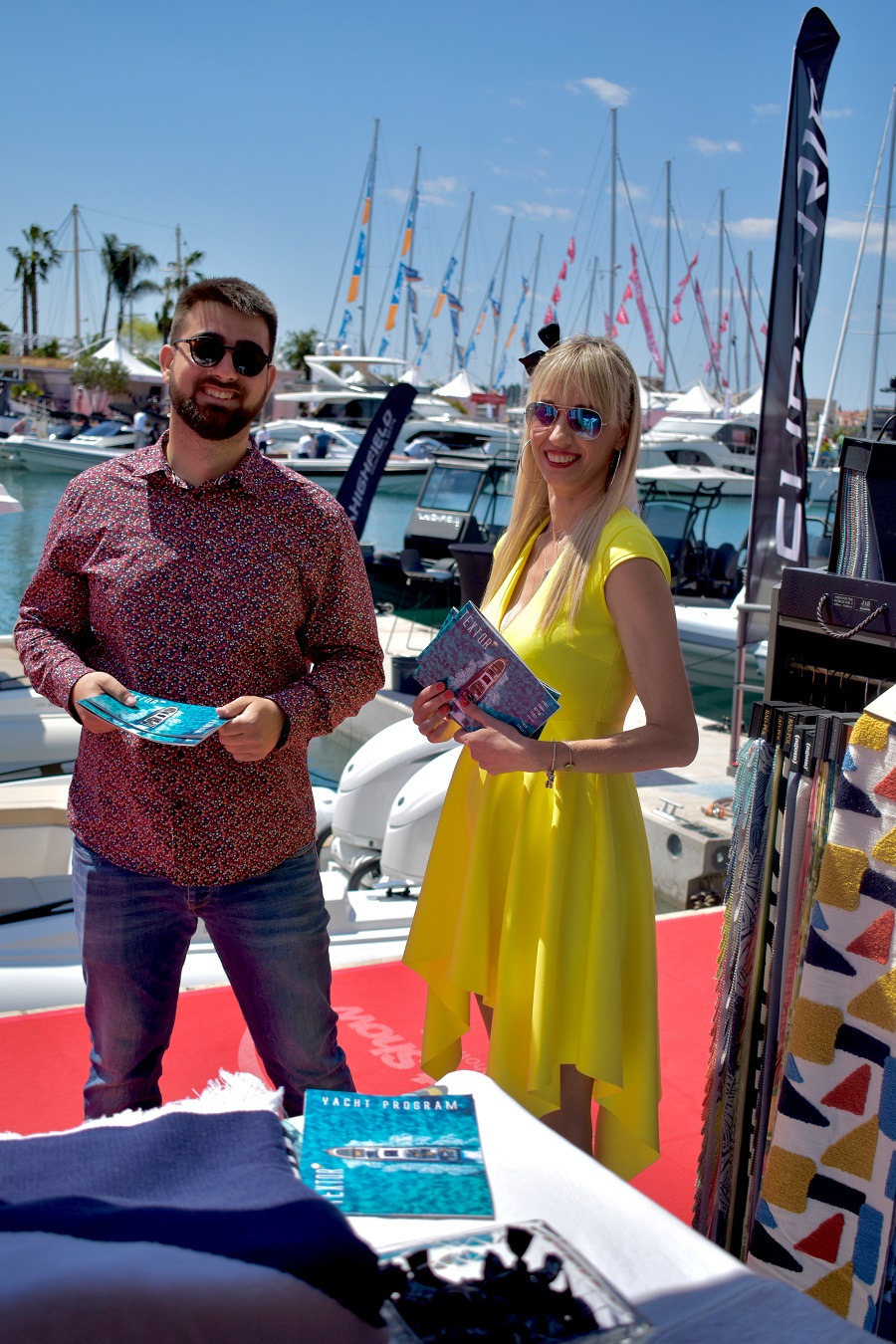
1. You made the switch to Croatia. Tell us a little about the decision process and how long it took for you to get on the plane?
I think this was the most difficult part, to start, after finishing my BA in Tourism Management at the University of Derby, I continued right after for my Master's degree in Business Management (2020) while working odd jobs, and by doing so, I was getting a couple of interesting job offers from abroad to build on and jump-start my career. This path felt correct, just finished Uni, got a job waiting in my field, and everyone else is following those steps, but... something was missing, I can't put my finger on it, maybe it was the Corona crisis, maybe I didn't like the process being logical and straight-forward, maybe I was bad at decision making, but I decided to go back and see what was waiting for me business-wise back home. After I booked it, I did have second thoughts, especially financial thoughts, every price of every item around me is blowing up (due to Covid), and I am moving back to a country where I will be earning a lot less than I would be somewhere else, but as I said, I had a pull back home and wanted to try it, so I didn't linger on my thoughts that much.
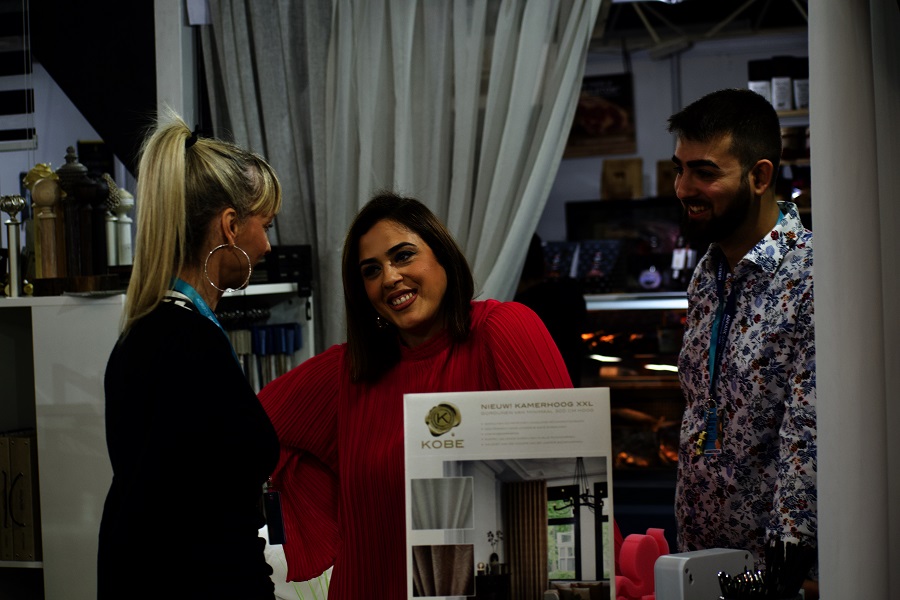
2. What did your family and community back home think of your decision at the time?
I'm glad this wasn't a pressure point since it would have been a lot more difficult on me if I had serious concerns from my family and friends back home. They fully supported my decision but they knew it could be thought of as "controversial" and most of our talks before I first left to study and work were about how I am planning to stay for a bit longer to see how I'd do and to explore my job opportunities much better than I could back home.

3. Where did you get your information about the realities of Croatia prior to coming?
Well, I've kept up with the news, but you never fully understand until you feel it on your own skin, I've heard stories from family and friends about the good and the bad, but my own experience has taught me most of all.

4. What were you most nervous about making the switch? What was your biggest fear, and how was the reality of what you found?
My biggest fear was being stuck, both psychologically, career-wise, and financially. The last thing you want to do as a 20-year-old is to get stuck in a job, city, or debt you really don't want to be in, so I guess running away from that kept me working harder. Reality is often more boring than you think, the fun lies in how you deal with it. Yes, the money is bad, yes I can't buy a house in Split, yes I probably am more limited in traveling, but at least I am home, I can work with that. I fought more than I thought I would for my car, for my hobbies, and for my future, money is a struggle, but it isn't a priority anymore. I wish I knew this before, but people always fully live with however much they are given, I've learned of families living on 1000 Euro (8000kn) a month who are happier than I am. Living in England provided a perspective of people who had more money than they needed and were extremely unhappy. This has helped my mentality a lot. The fear of my career failing is unfortunately still with me, but more on that in the next chapters.
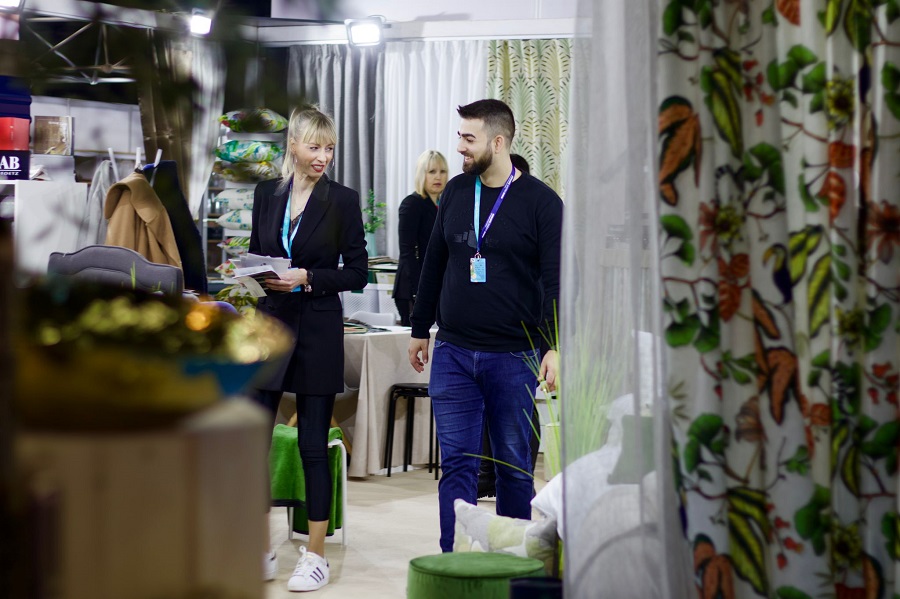
5. Think back to the time before you arrived. What were your perceptions about Croatia and how were they different from the reality you encountered?
Prepare for the worst and hope for the best, a cheesy line, but it did do wonders for me. I just expected I will have no car, no good job, and no opportunity to move out and work from there. That pretty much happened in the beginning, I was refused in loads of hotels I wanted to start, and due to my lack of experience, I worked as an assistant manager (the guy who does everything other people don't want to do) in Svpetrvs Resort Village to start and everything was as I expected, I drove my grandma's old car, my wage was around Net 6000kn + overtime, and was staying in a worker's accommodation. Following that summer I decided that try to use my book knowledge (while I still had it) and to work on some projects of my own, my father was a director of a Textile company that I didn't really care for much... but it did give me something to work off, I knew what I liked, which was design and marketing, everything colorful, so I started to work on a webshop and modernization project to make something I liked out of something I had no interest in. I have been working on this for the past two years while helping out my father "in return". Croatia definitely didn't help with my decision, I don't have any good courses to attend for my development, little to no financial help for new entrepreneurs, the competition is behind and selling usually with traditional marketing, and huge companies with millions in marketing budget are running rampant. So I feel it's kind of me against the world, but, lucky for me, this is exactly how I already felt moving to a different country with no one I knew, so I guess in a weird way, I was experienced in this situation.
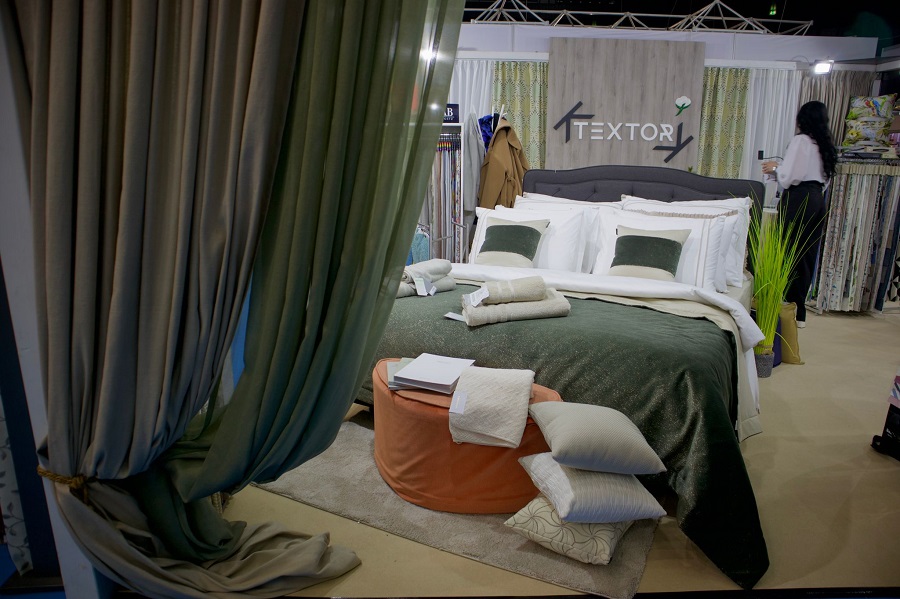
6. You are still here, so obviously the pros outweigh the cons. Tell us about some of the things that you love about being in Croatia, as well as some of the things you don't like.
The people and the beauty of the country versus everything else, the medical, public transportation, political, and education departments are horrid, almost laughably so. As a recent student myself, I feel that no student should feel this lost after finishing University as much as they do here, the path of a young person in Croatia from the beginning of their education to the end leaves a lot to desire. And especially in Split, starting a family is so financially damning that I am surprised so many decided to go for it anyways, a square meter in Split is getting up to 4000 Euro average in the next 5 years, not even mentioning the lack of support from Croatia for young families. I have worked on obtaining an APN Loan for "young families" and honestly I had more trouble with that than with actually getting enough money for it. The only thing I can say to young people is good luck and that there is a light at the end of the tunnel.
Still, it always helps to put things in perspective; I still think it is one of the greatest countries to live in, people do fight for it, and I am not the first one to bring out these statements, which makes me happy, the people do have a big heart but it will take more than that to fix the state, it does give hope though.

7. What advice do you have for others thinking about making the move from the diaspora?
I think they know as much as I do, especially people who worked a lot in multiple countries, it's all about balance. What makes you happy? What is your goal in life? I know these are difficult questions, but living in certain countries pushes you towards different goals. I've met people who live their hobbies and moved to countries where that hobby is highly developed, I know people who are very attached to their family, so they go where they go, who are workaholics and moved to huge cities with great opportunities. I think those differences are beautiful. If Croatia can offer you a solution to your goals/happiness try it out, you people in the diaspora are more flexible by nature so use that flexibility to try more than one country if you already didn't do so, more points of view often point to a more precise answer. Croatia isn't a wonderland and so aren't the countries you live in, but trying more than 2-3 countries is the best advice I can give you for your long-term living decisions.

8. How do you think Croatia can better assist those who are looking to return to the Homeland?
I think safety nets are a very important missing part of Croatia, you don't have a safety net if your business starts failing, if you need medical help, if you have special needs, if you end up homeless, if you failed the schooling system, there are no structured and developed ways to have people bounce back from situations that can happen to most. For the people moving back, I'd say the laws around Croatian entrepreneurs from abroad wanting to move their HQ back home should be highly supported (even fully funded), or on the other hand, if you can prove to be an asset to the country (highly performing worker) you should be rewarded for staying by being offered bonuses from a government level. But none of this can happen while the top of the state is ready to exploit these opportunities as quickly as they can. So I'd say this has to be done very transparently and maybe even from a government-funded private organization to help with that.
****
Thanks Toni, and good luck with the launch of Textor.hr
You can follow more stories in the Croatian Returnee Reflections series in our dedicated TCN section.
Would you like your returnee story - positive or negative - to be featured in this series? Contact This email address is being protected from spambots. You need JavaScript enabled to view it. Subject Returnee.
****
What is it like to live in Croatia? An expat for 20 years, you can follow my series, 20 Ways Croatia Changed Me in 20 Years, starting at the beginning - Business and Dalmatia.
Follow Paul Bradbury on LinkedIn.
Croatia, a Survival Kit for Foreigners will be out by Christmas. If you would like to reserve a copy, email This email address is being protected from spambots. You need JavaScript enabled to view it. Subject 20 Years Book


